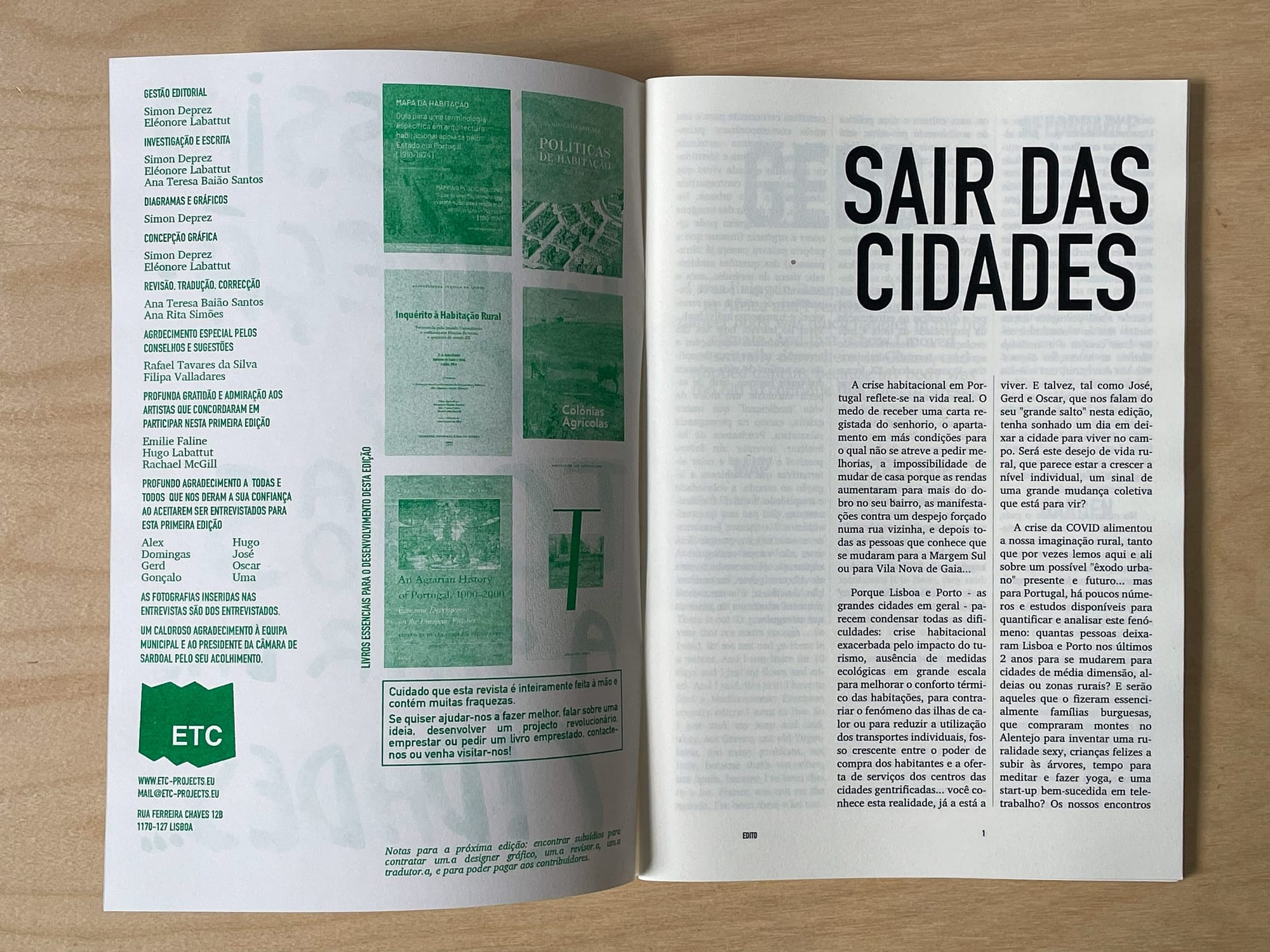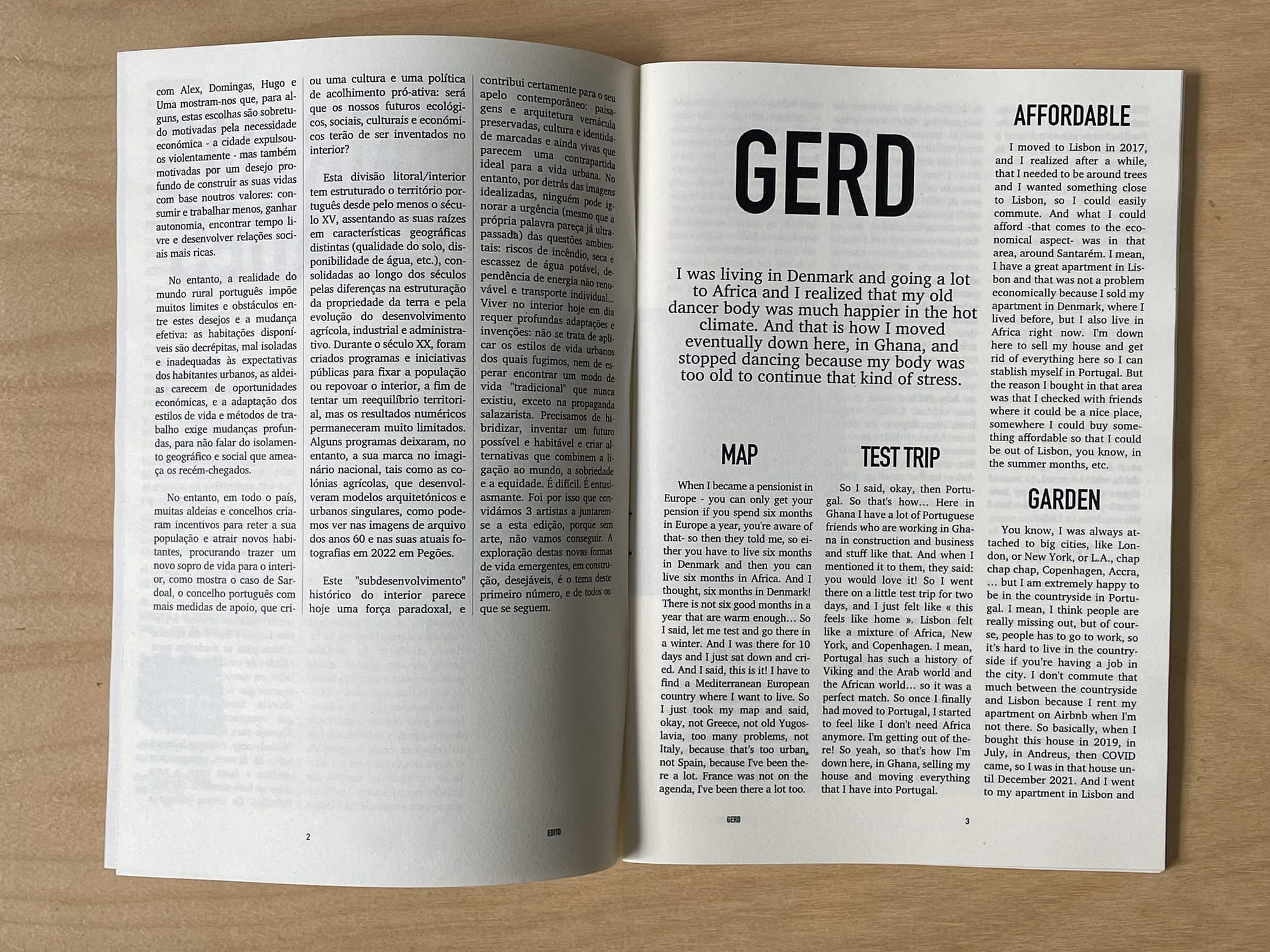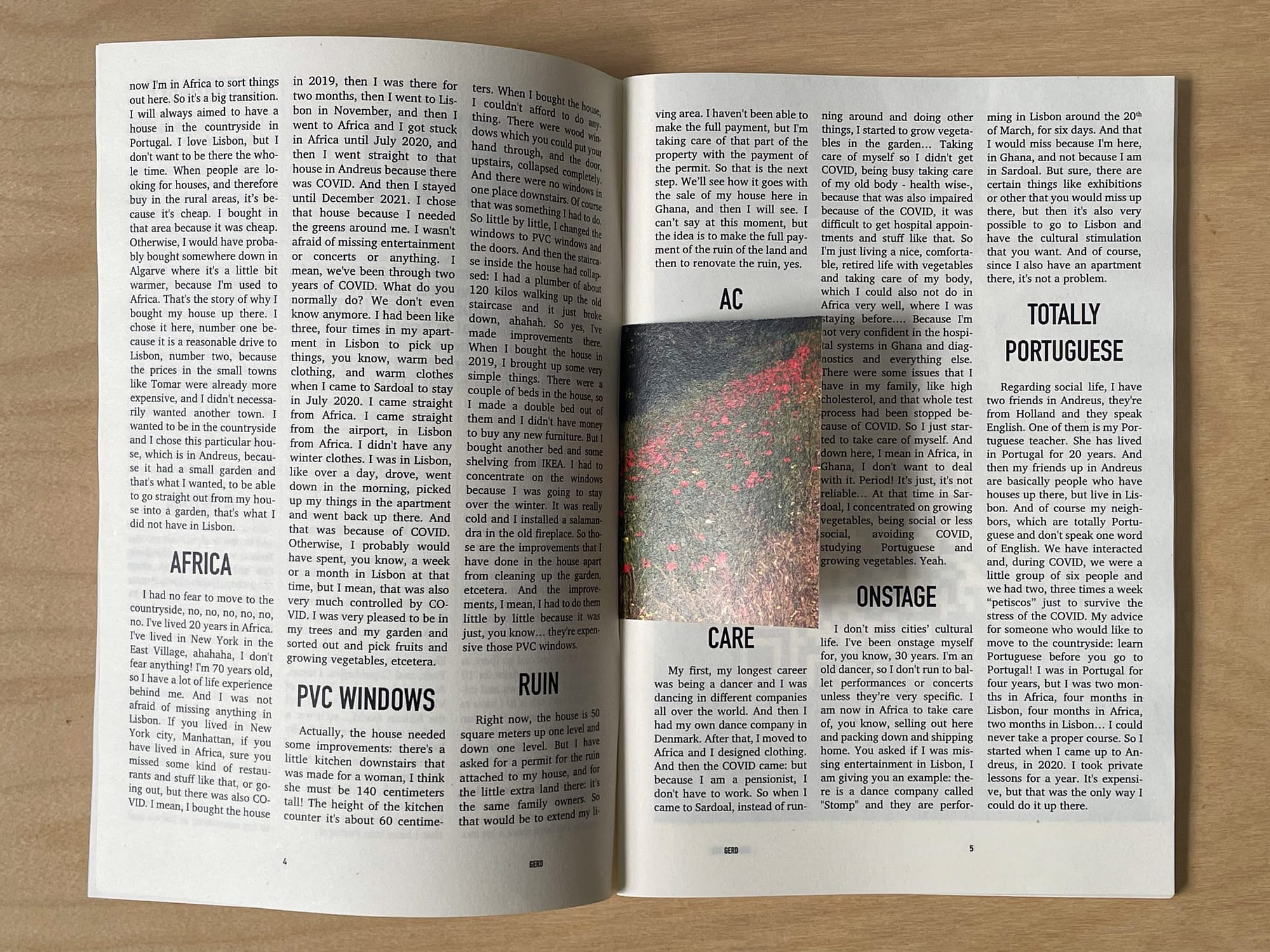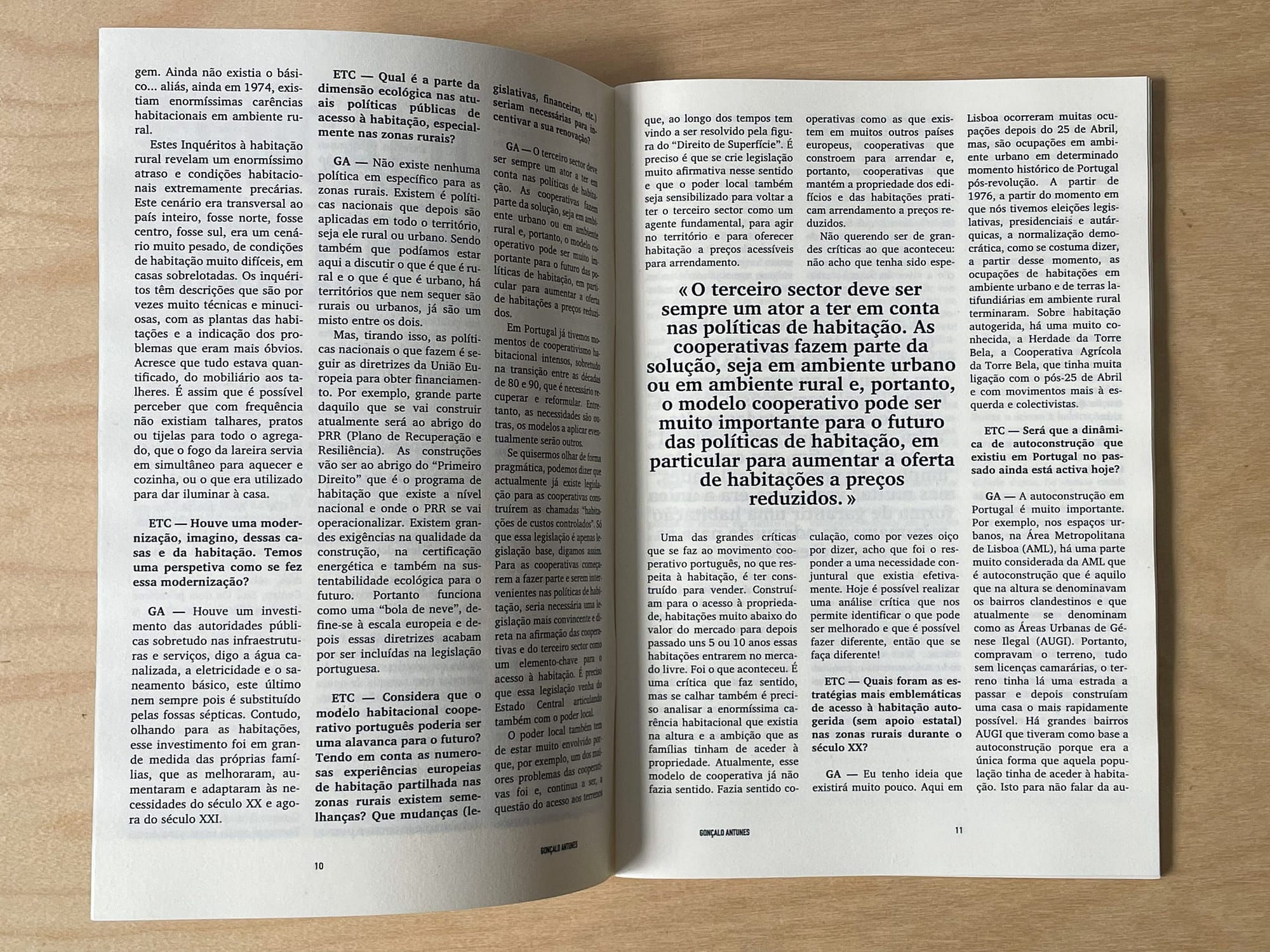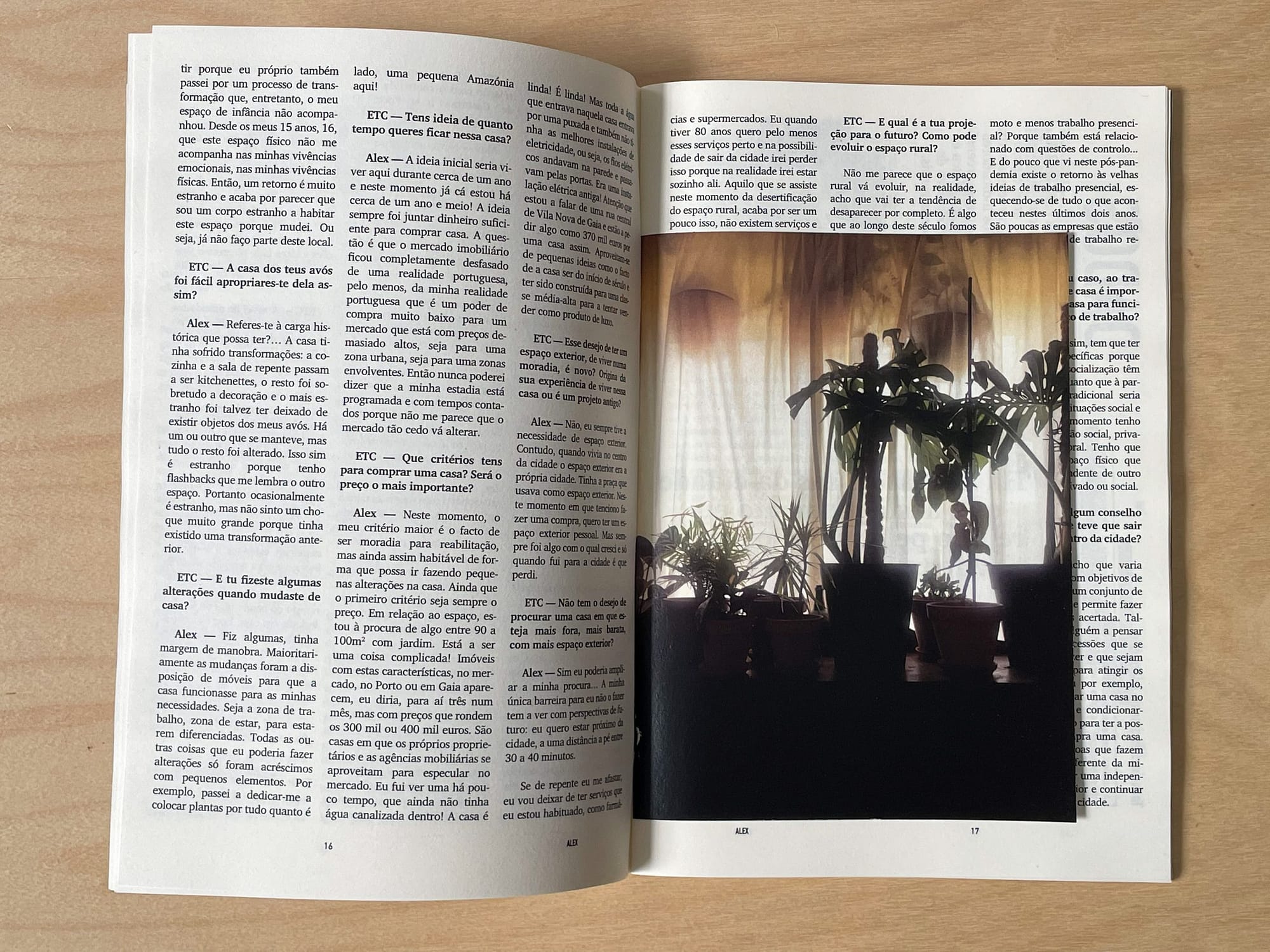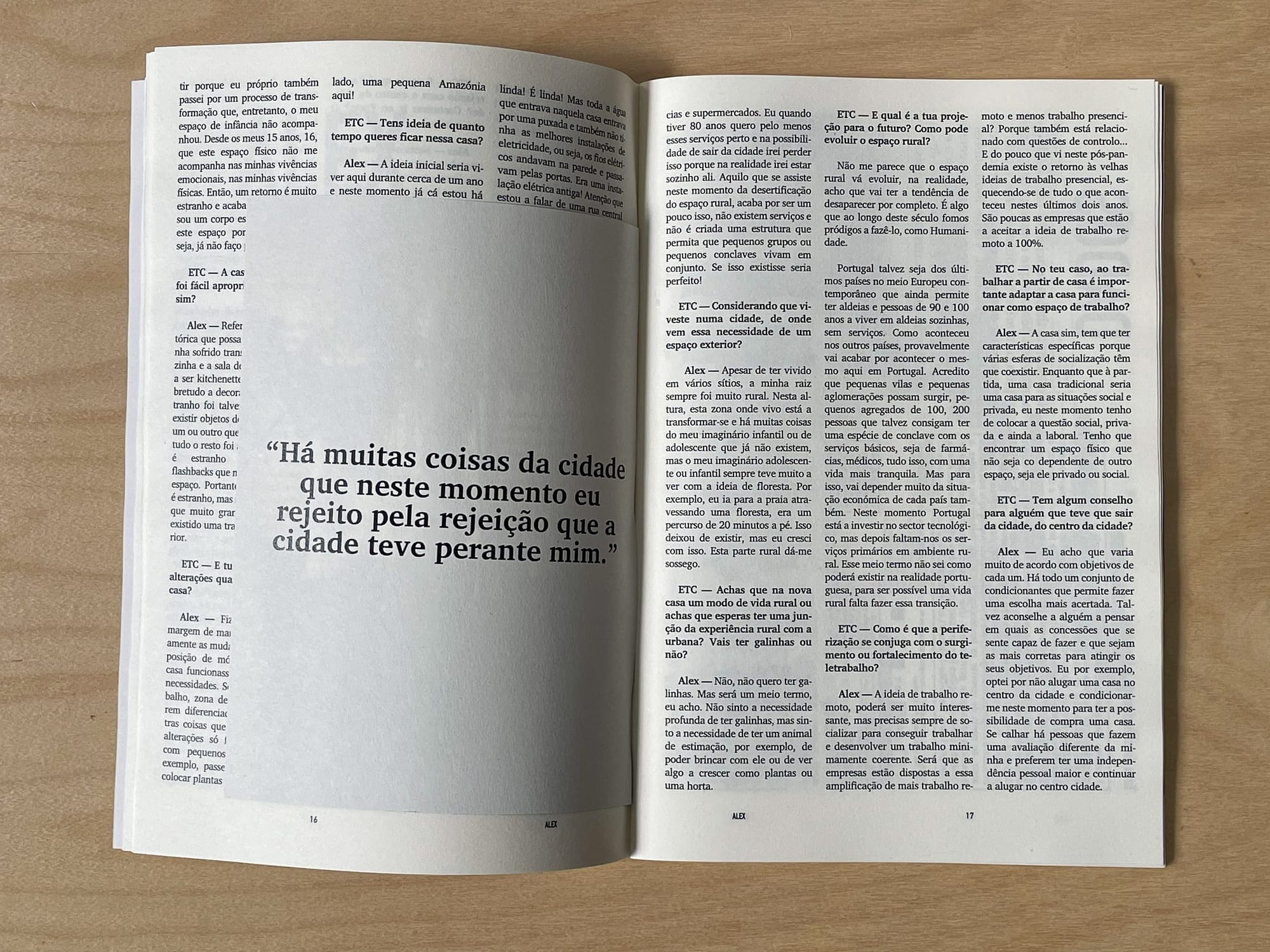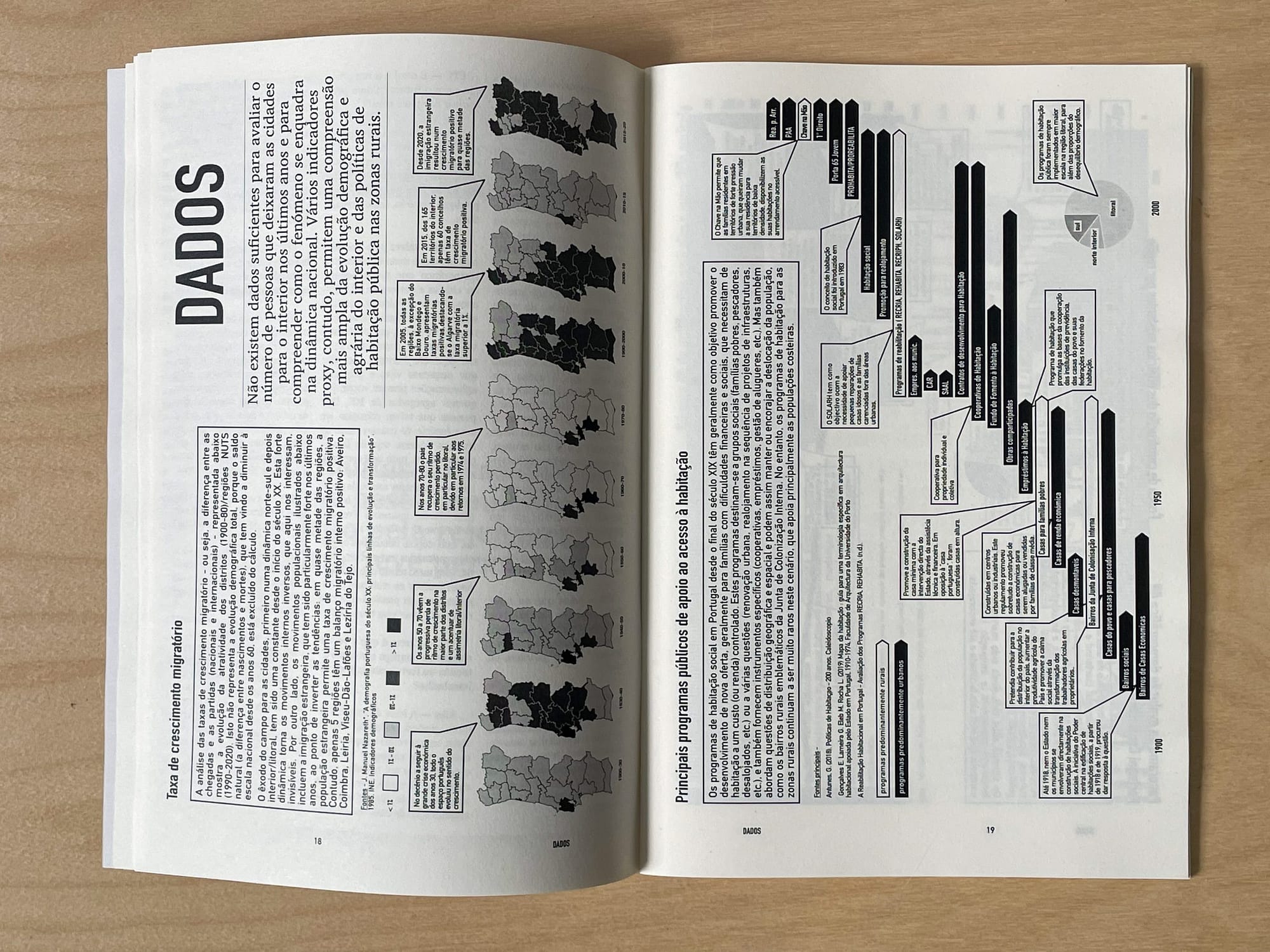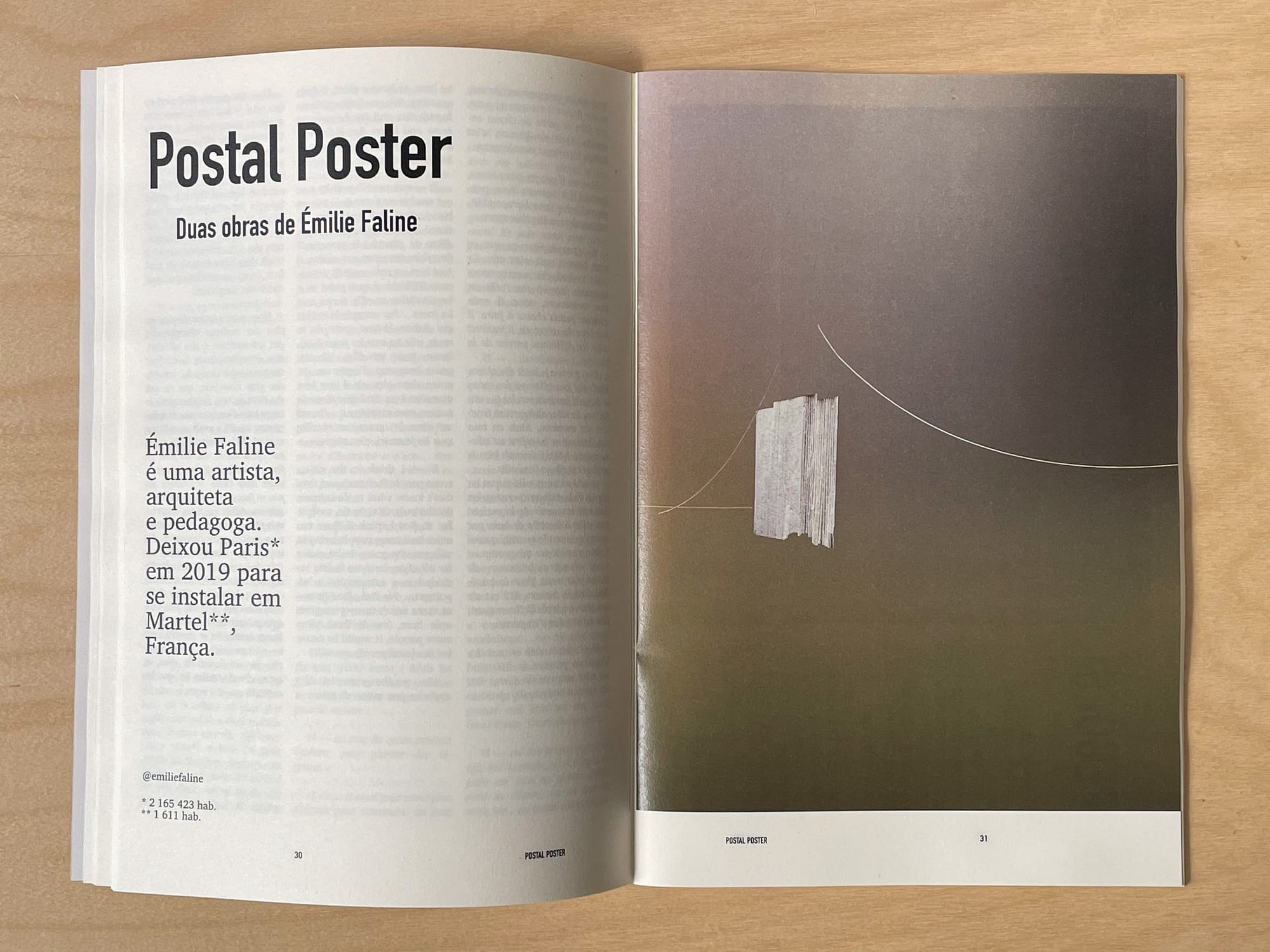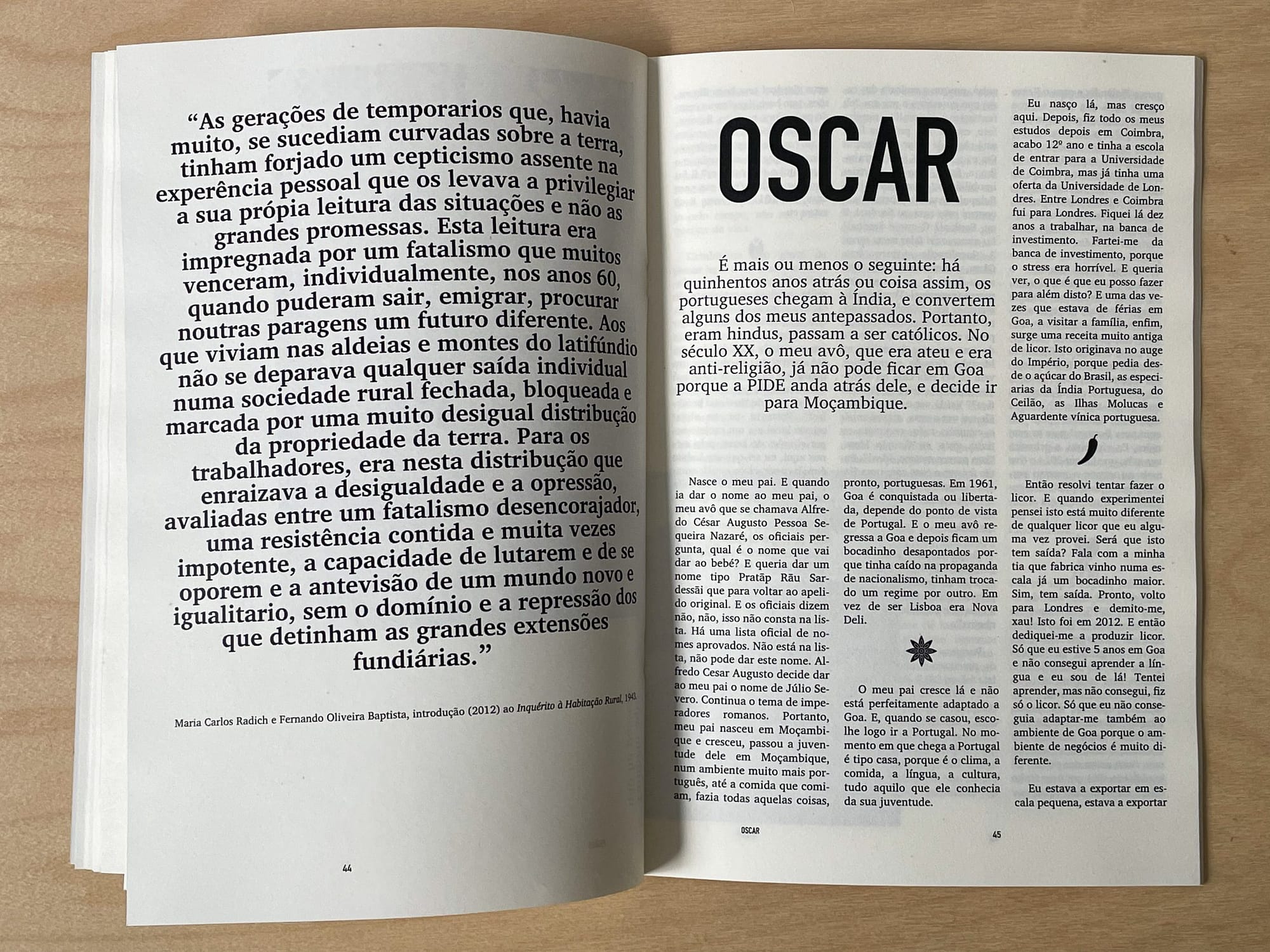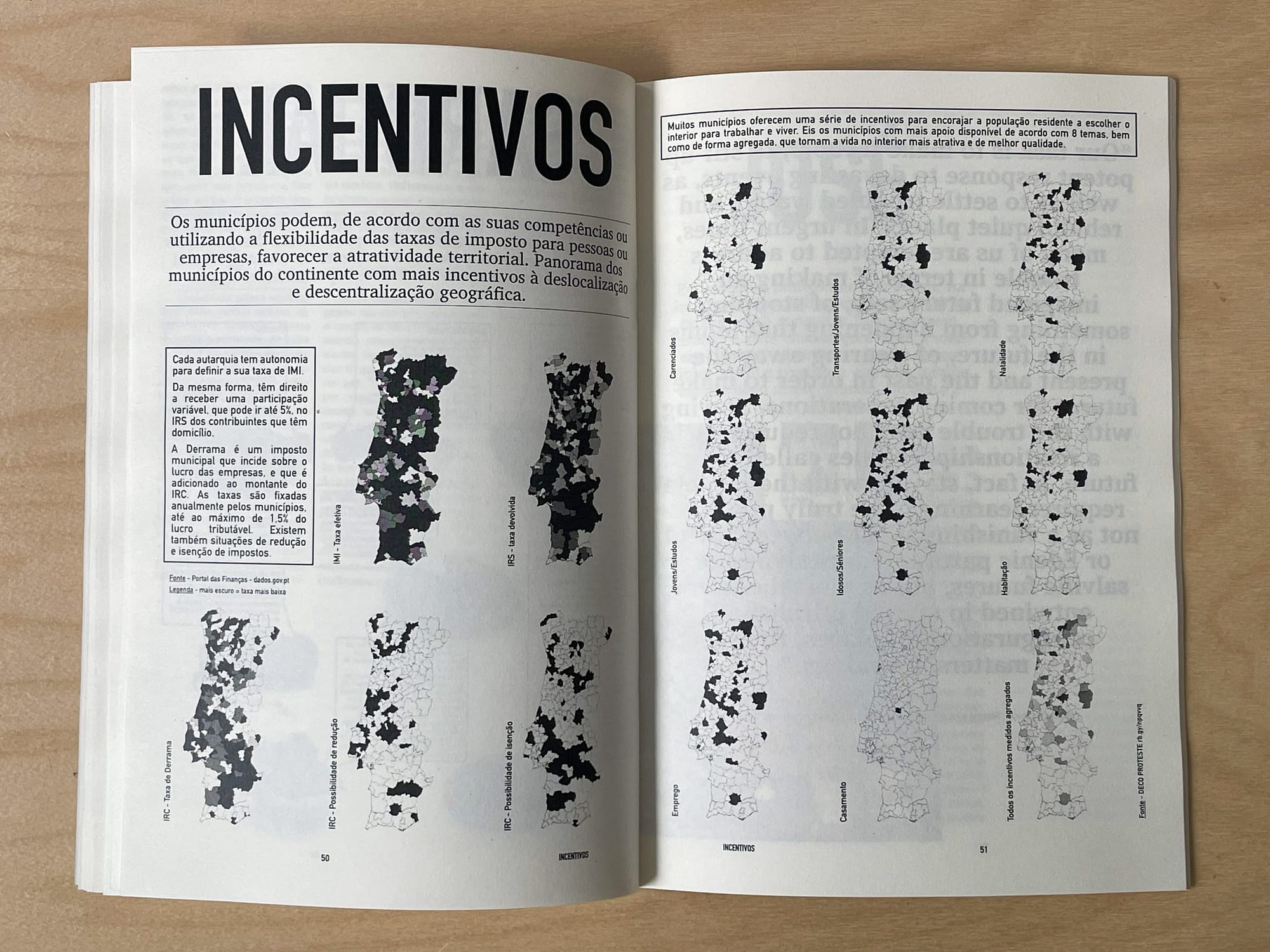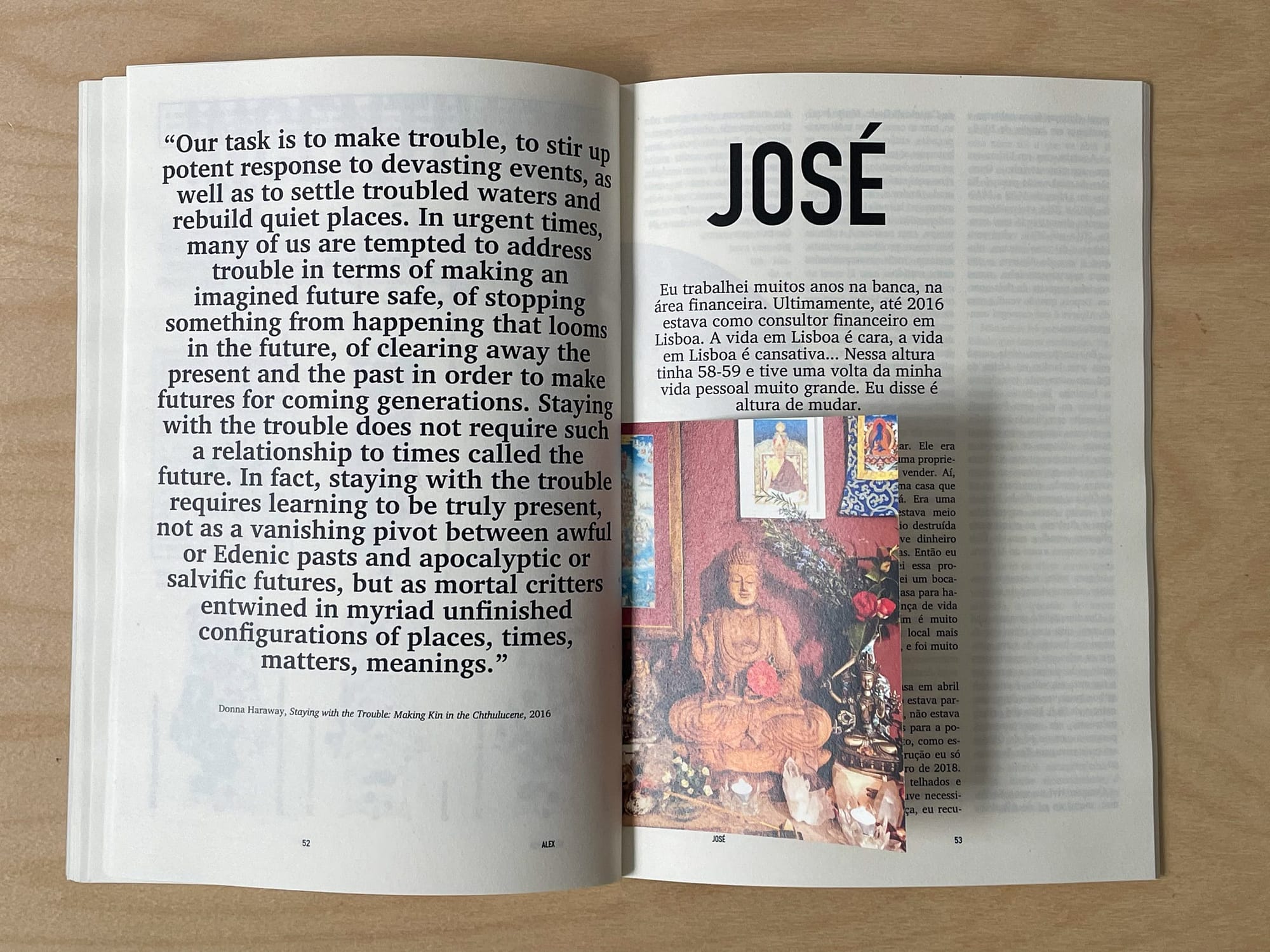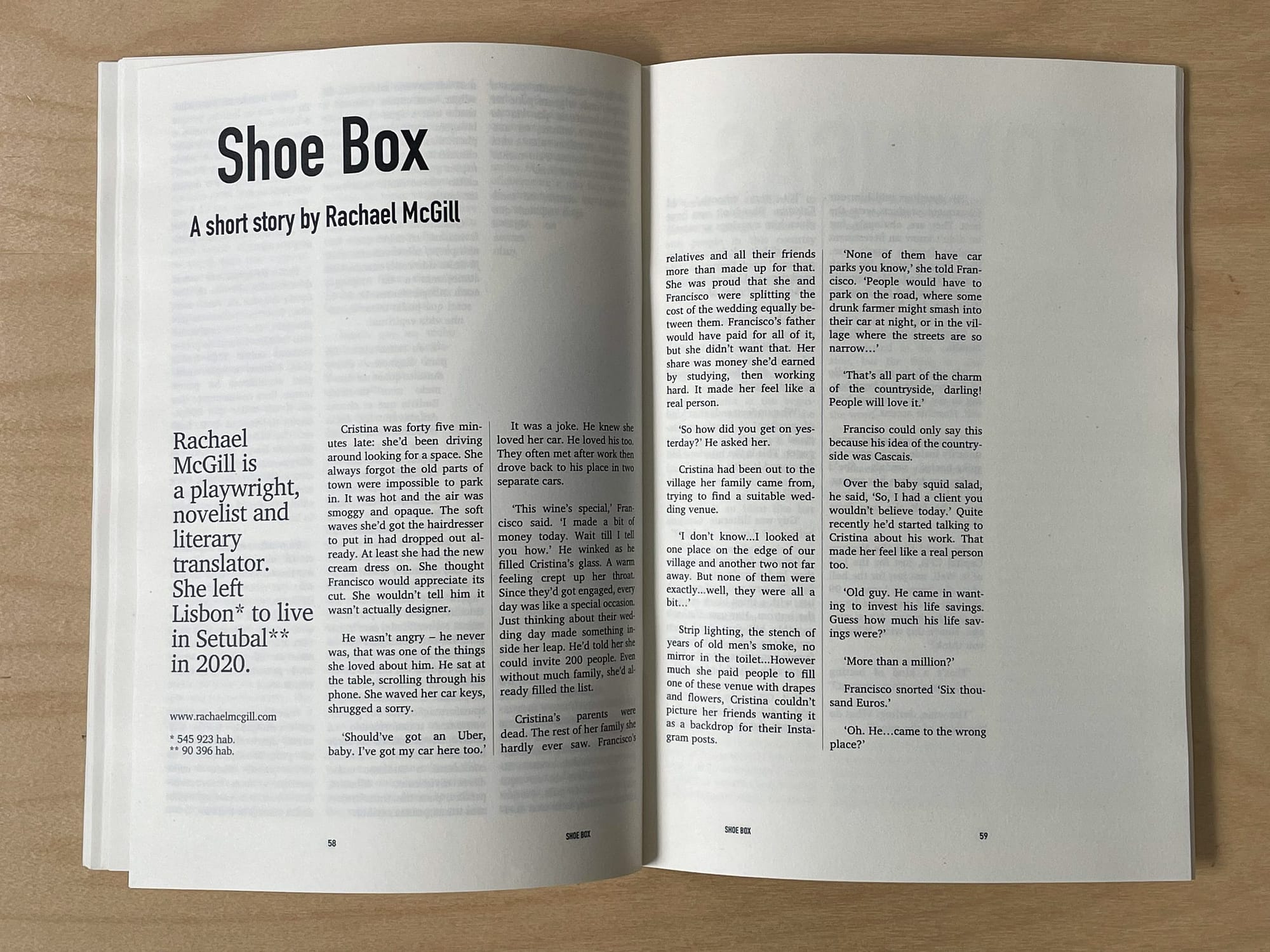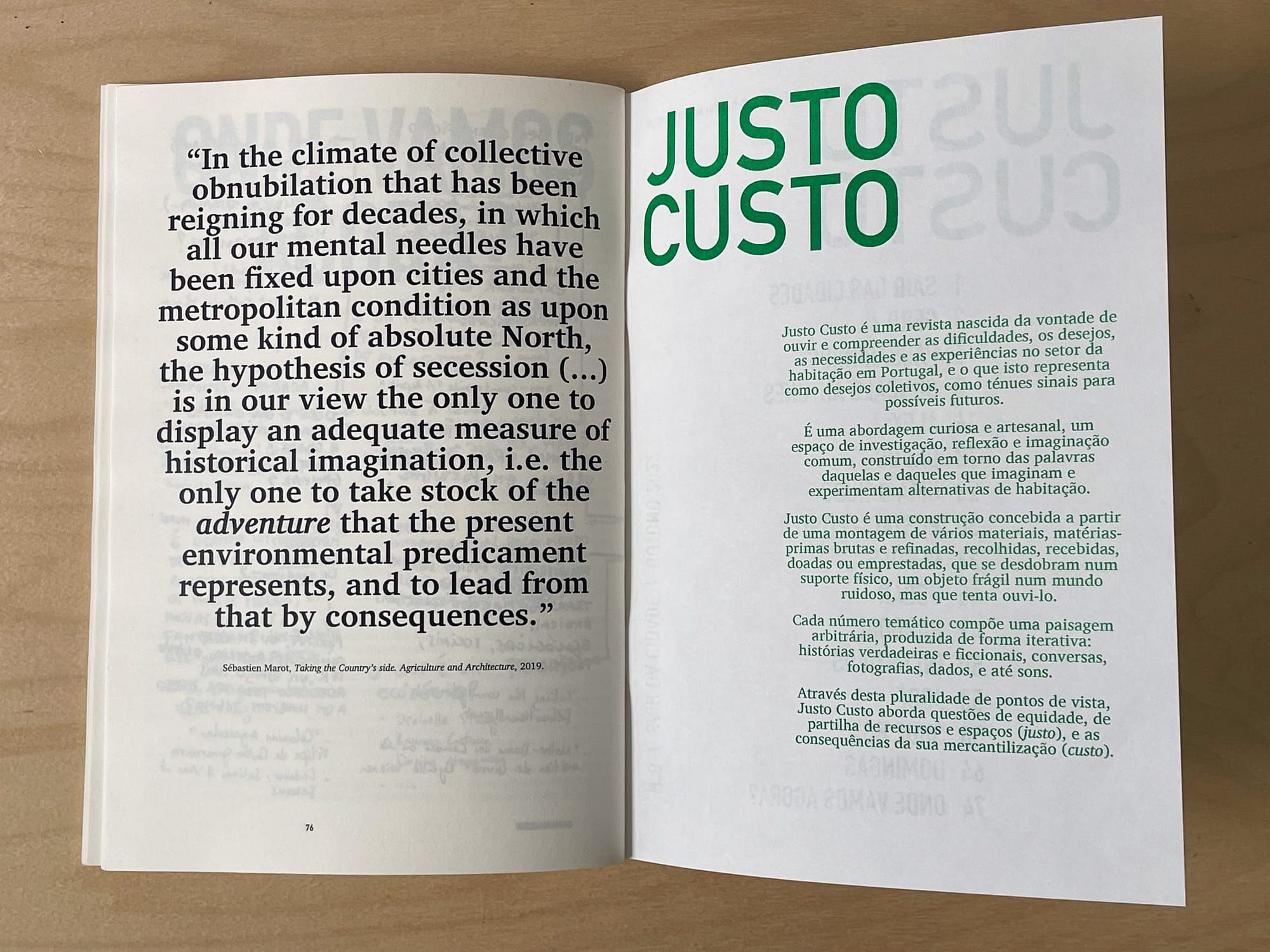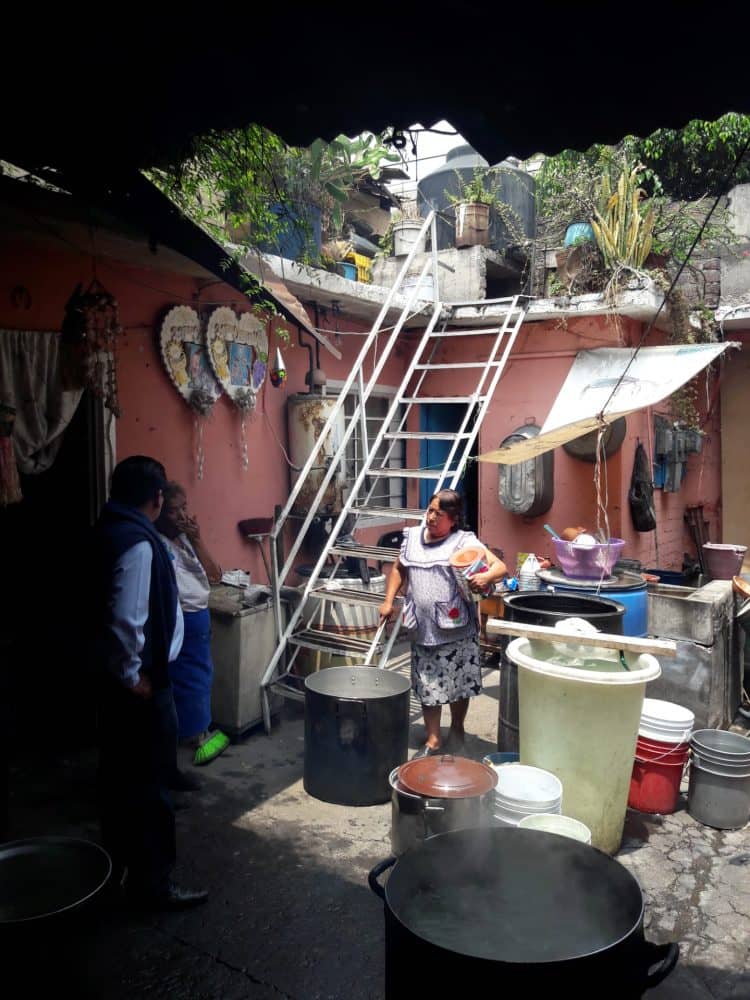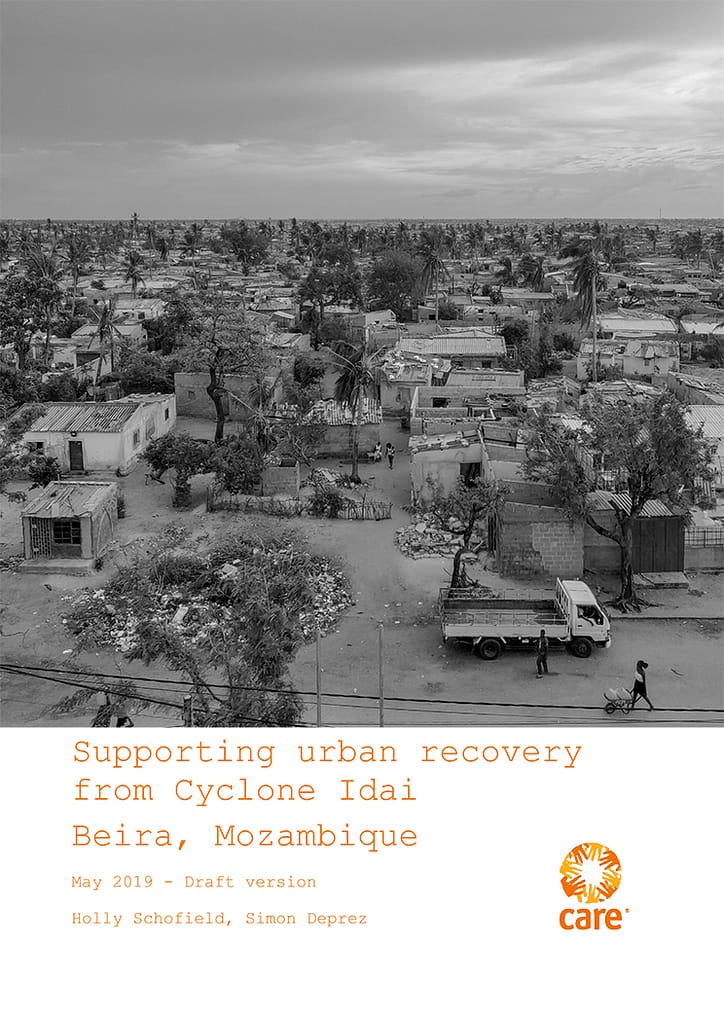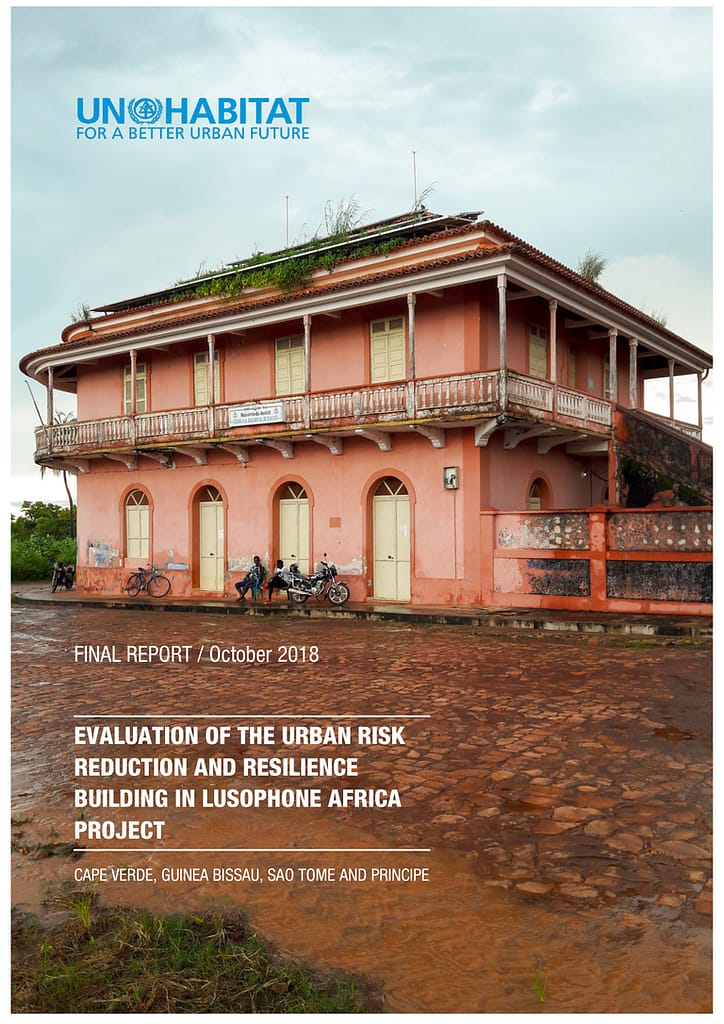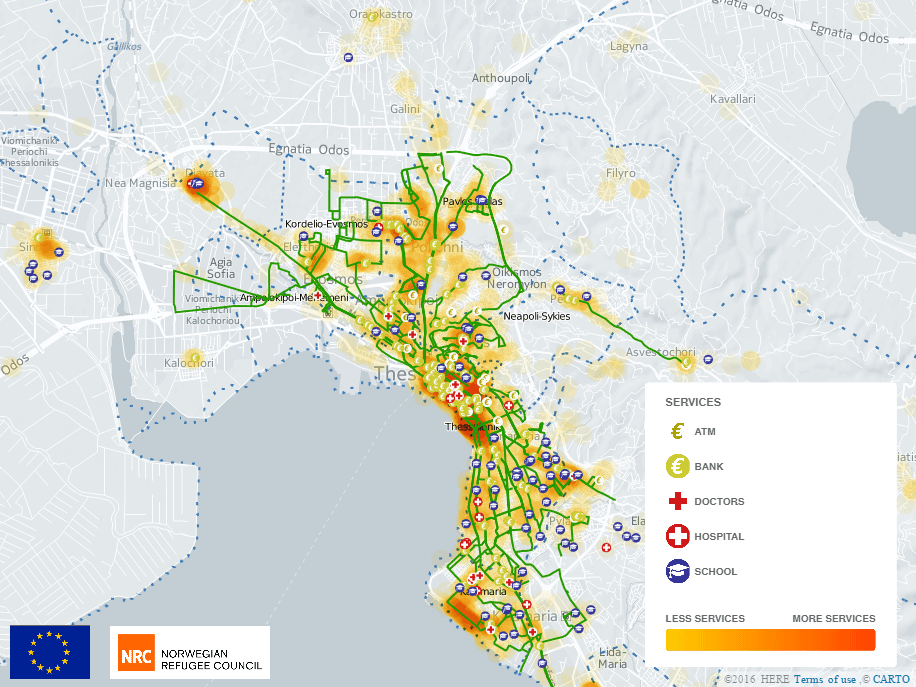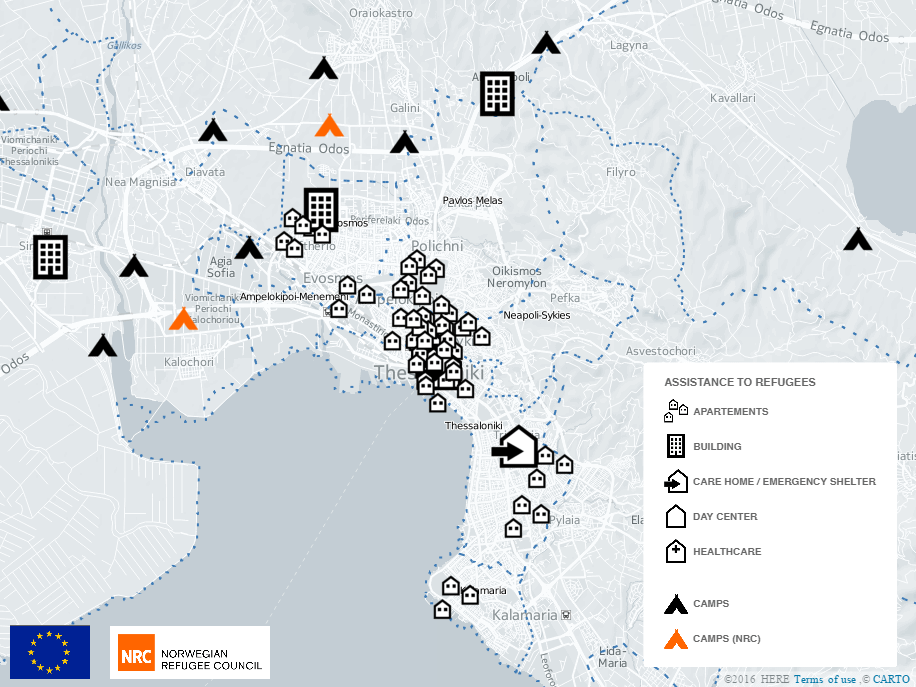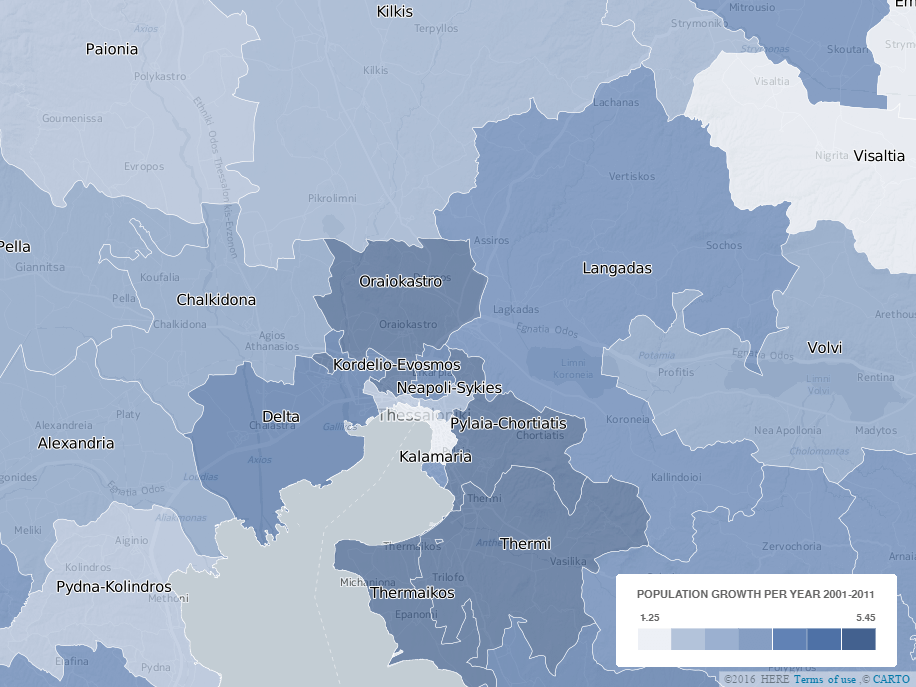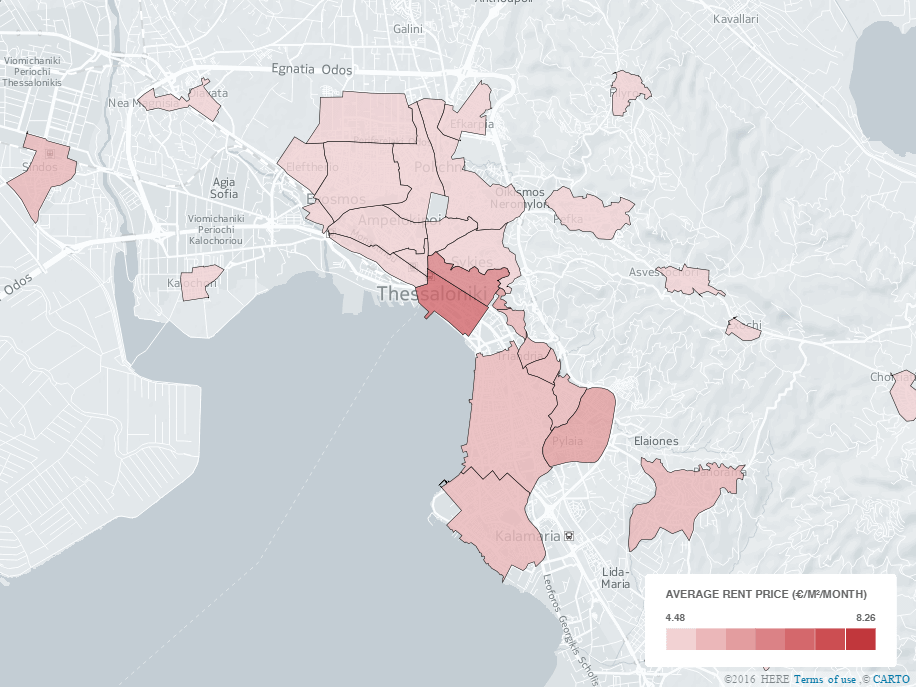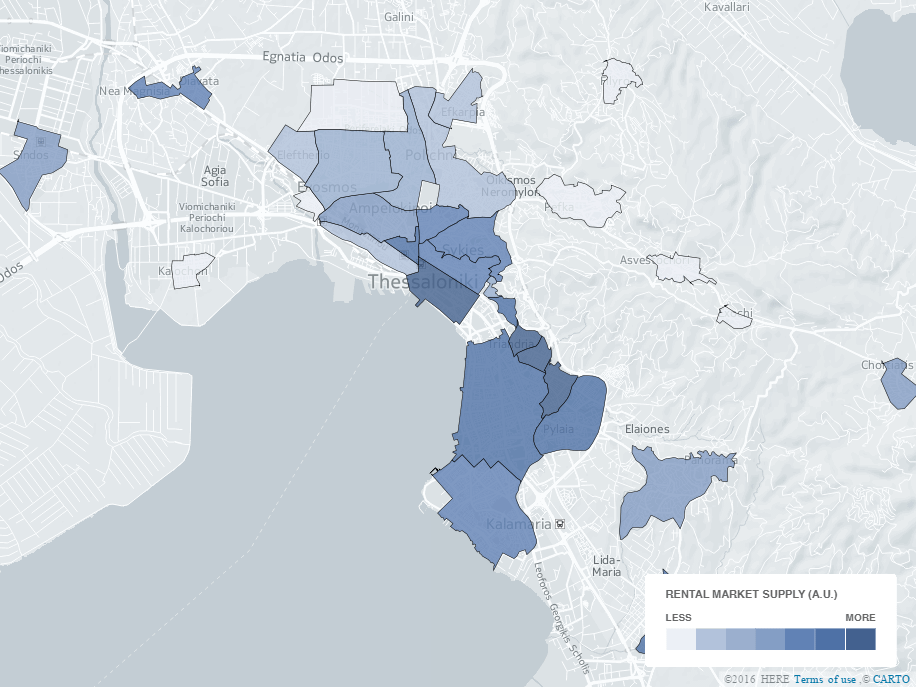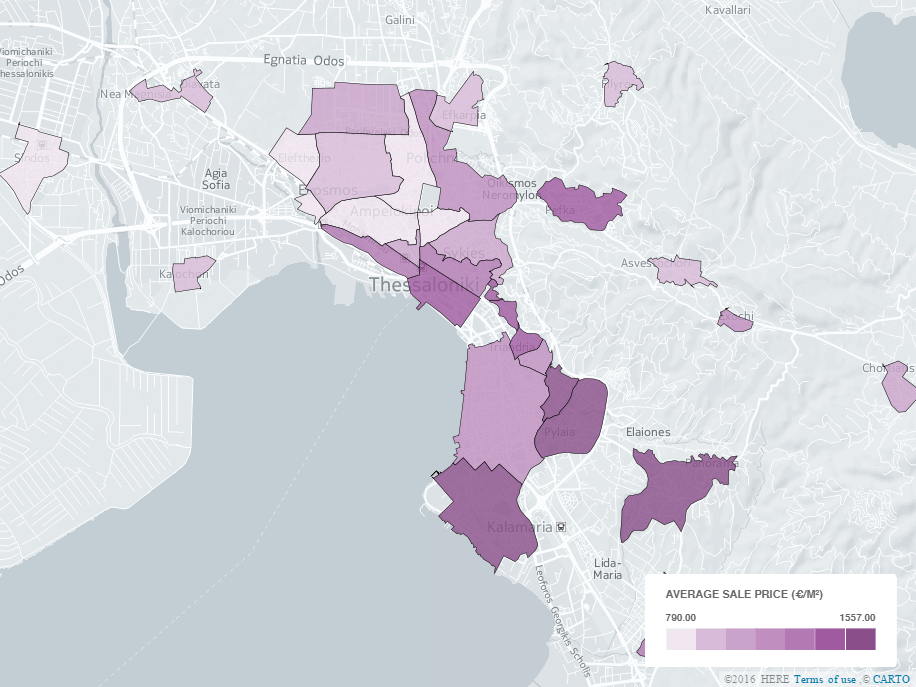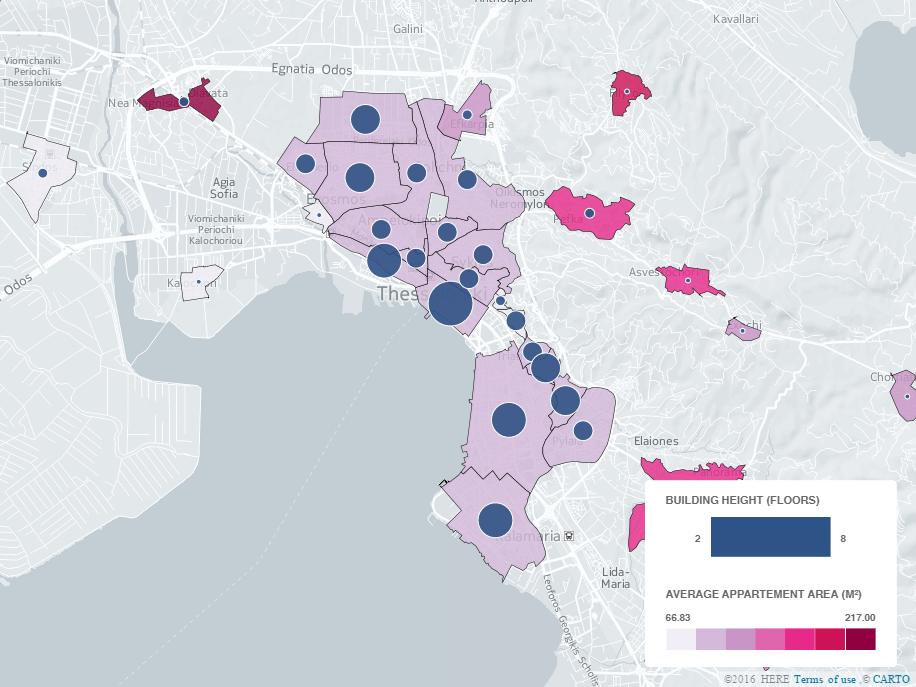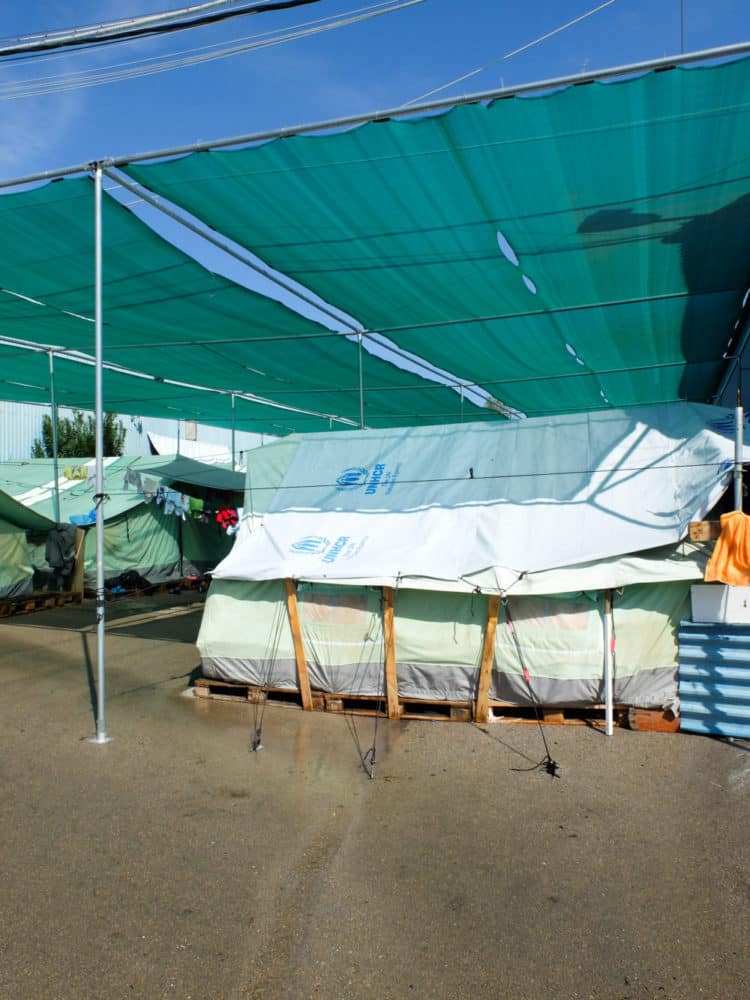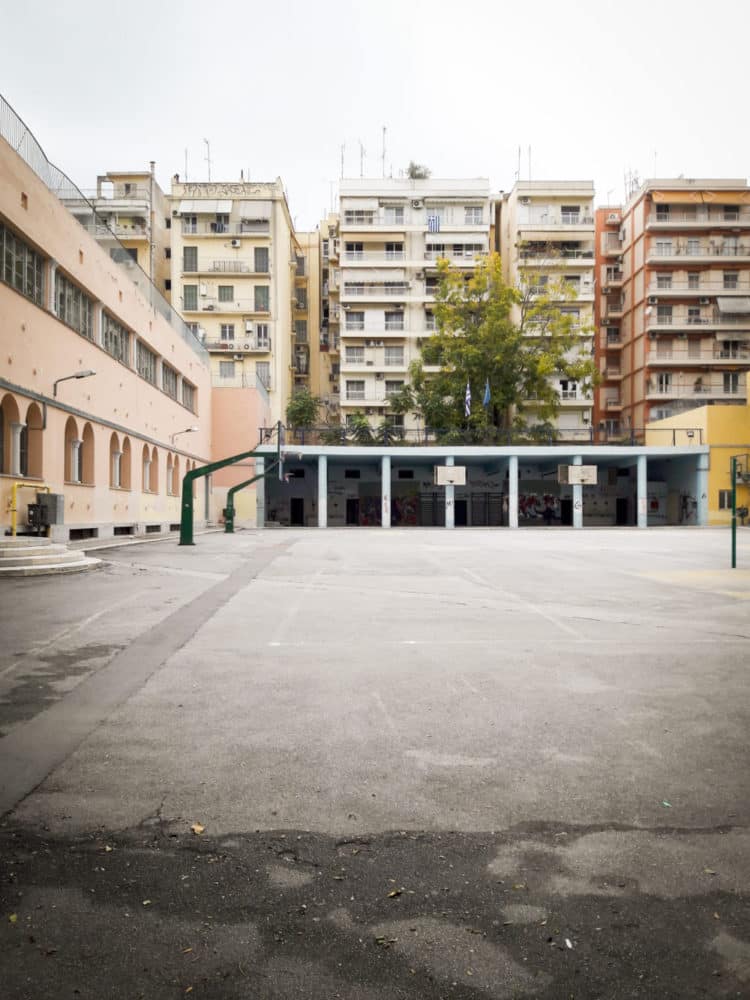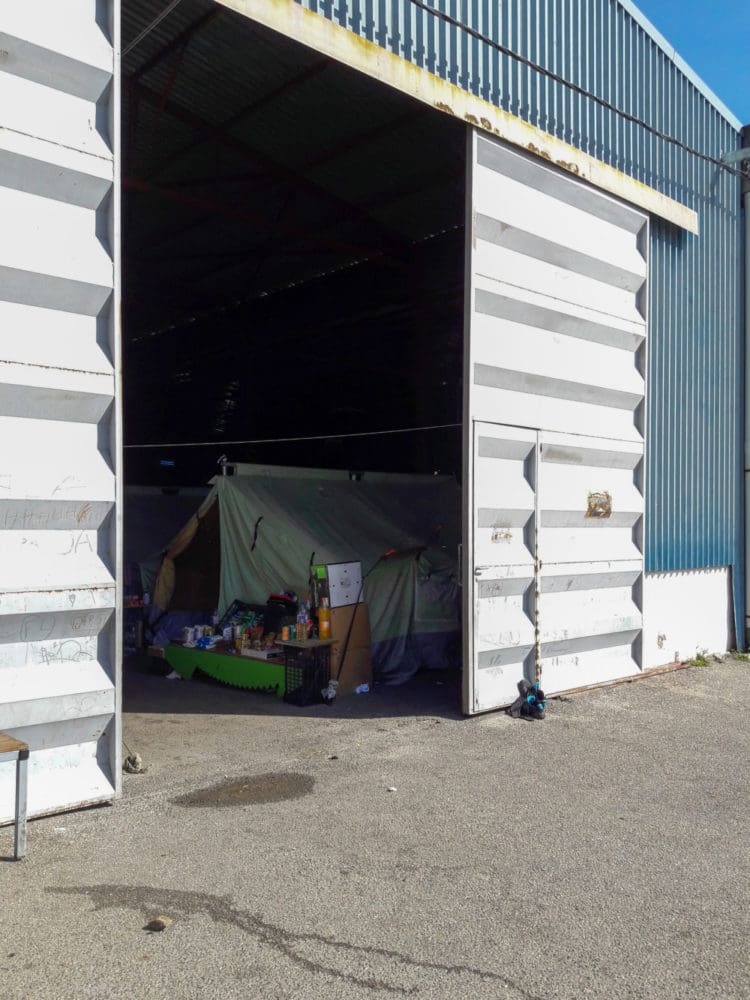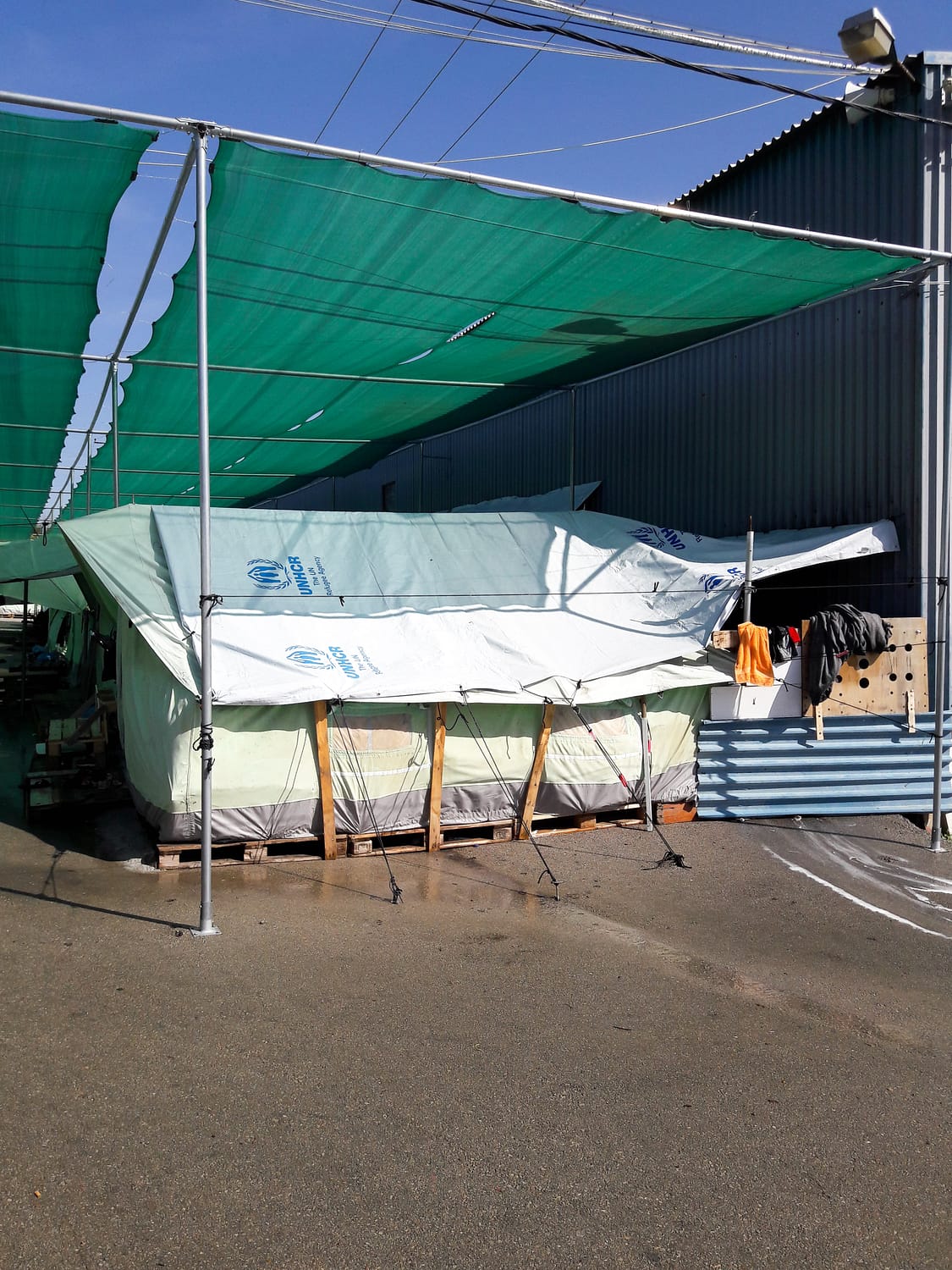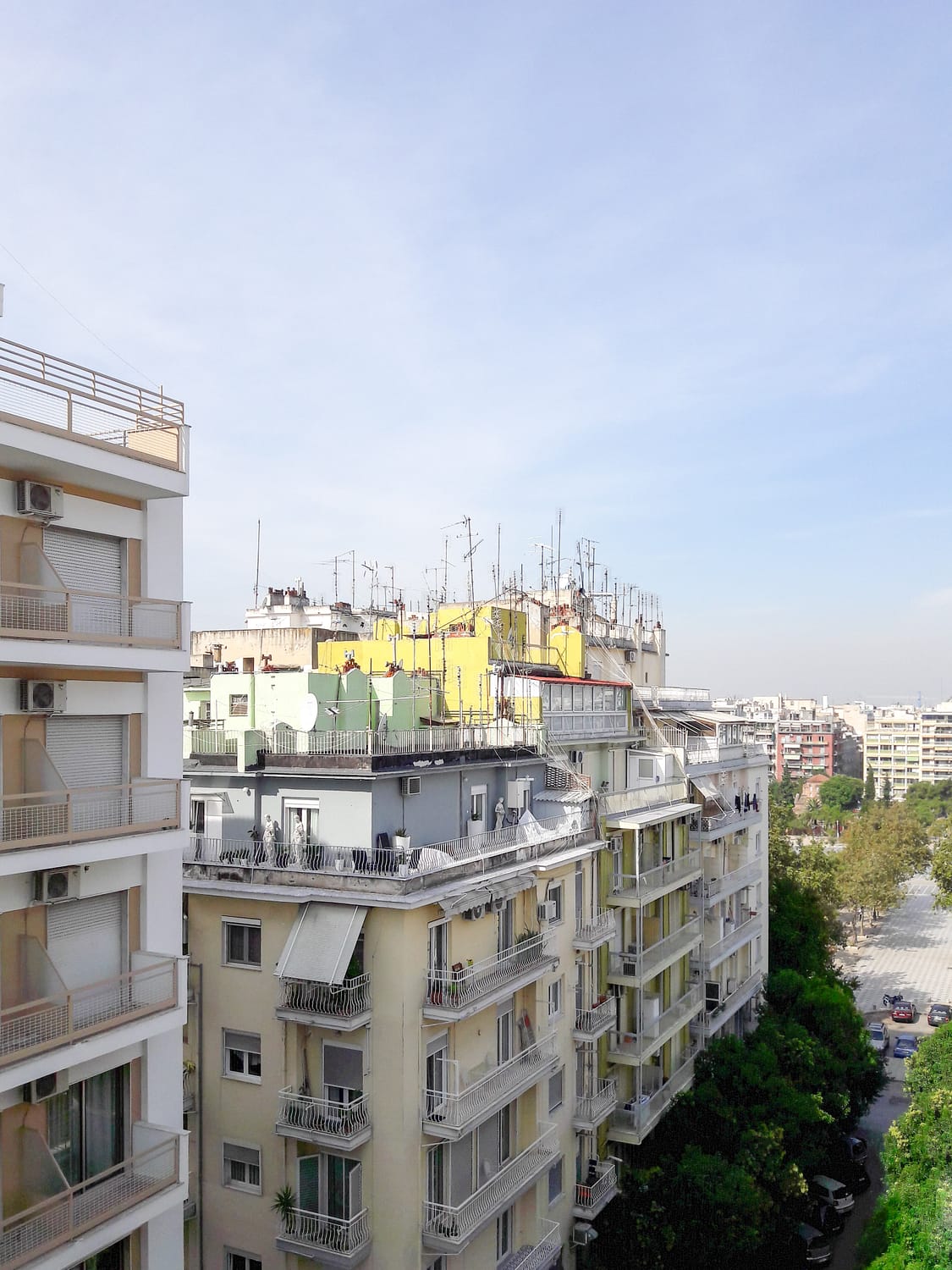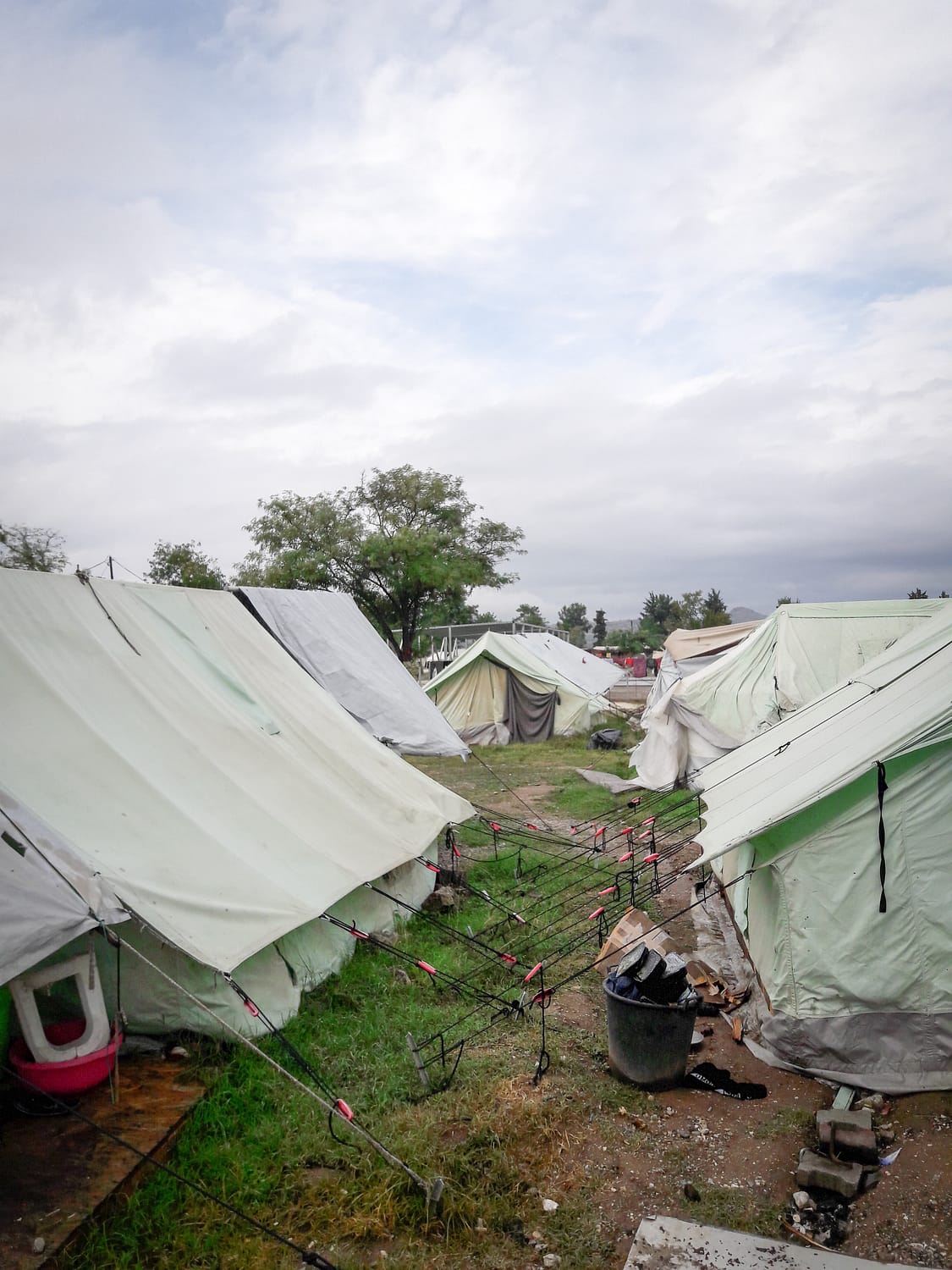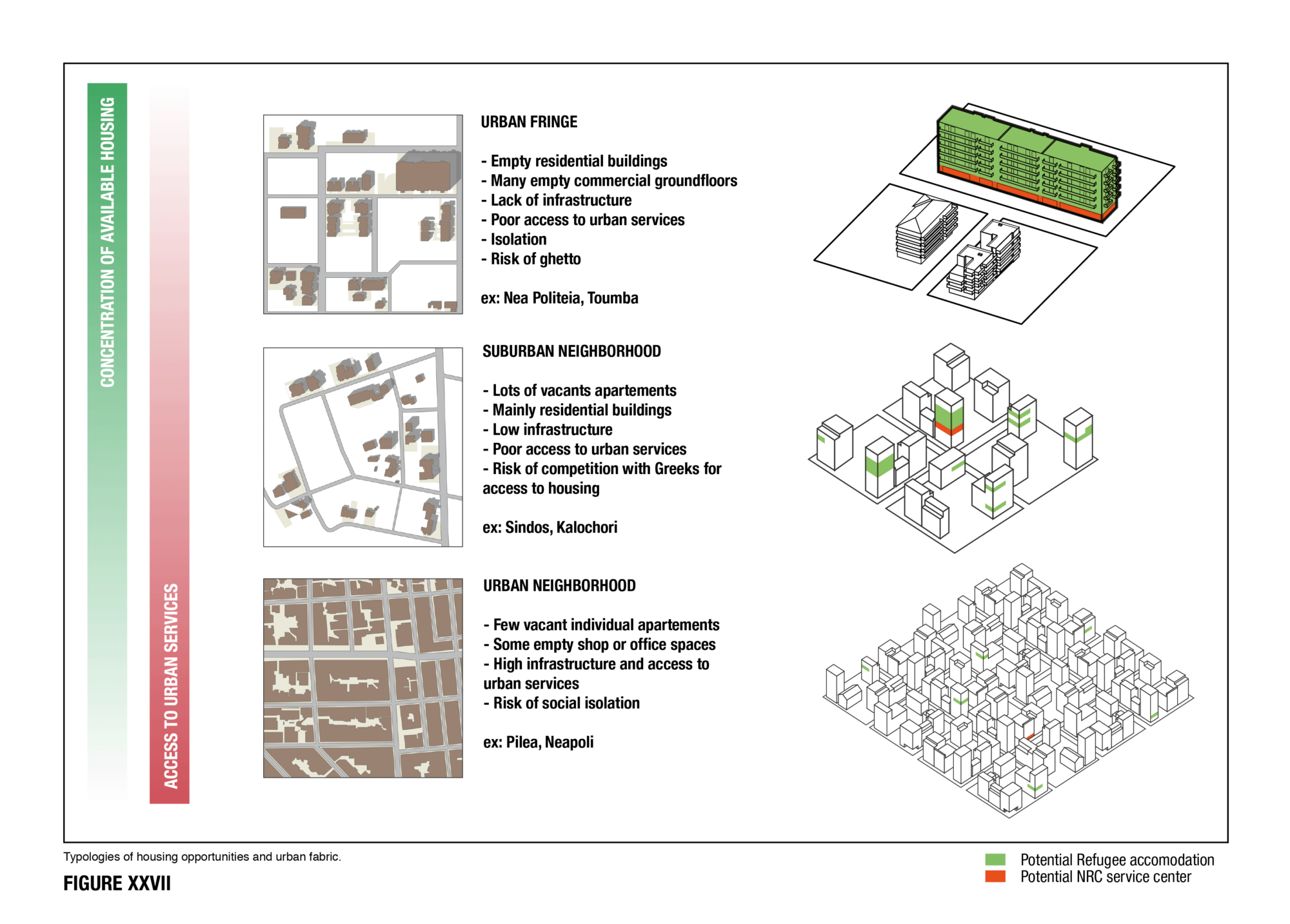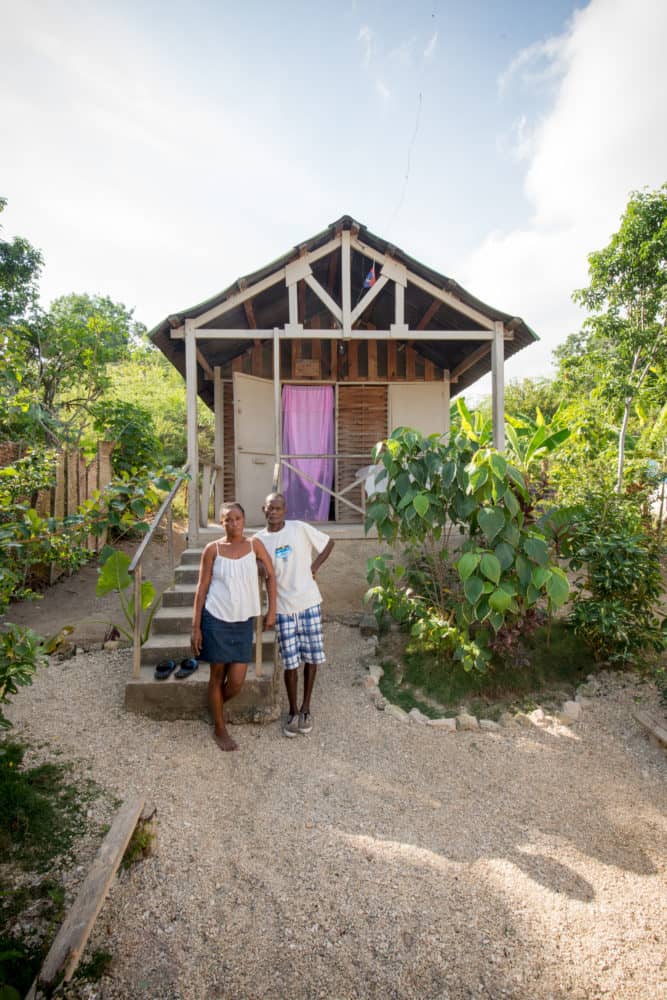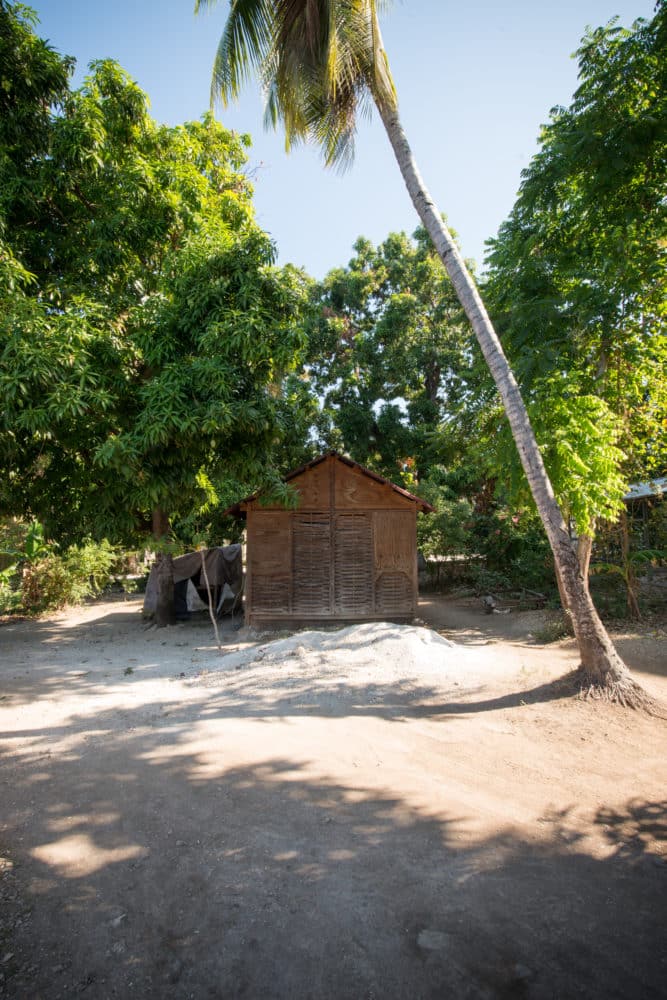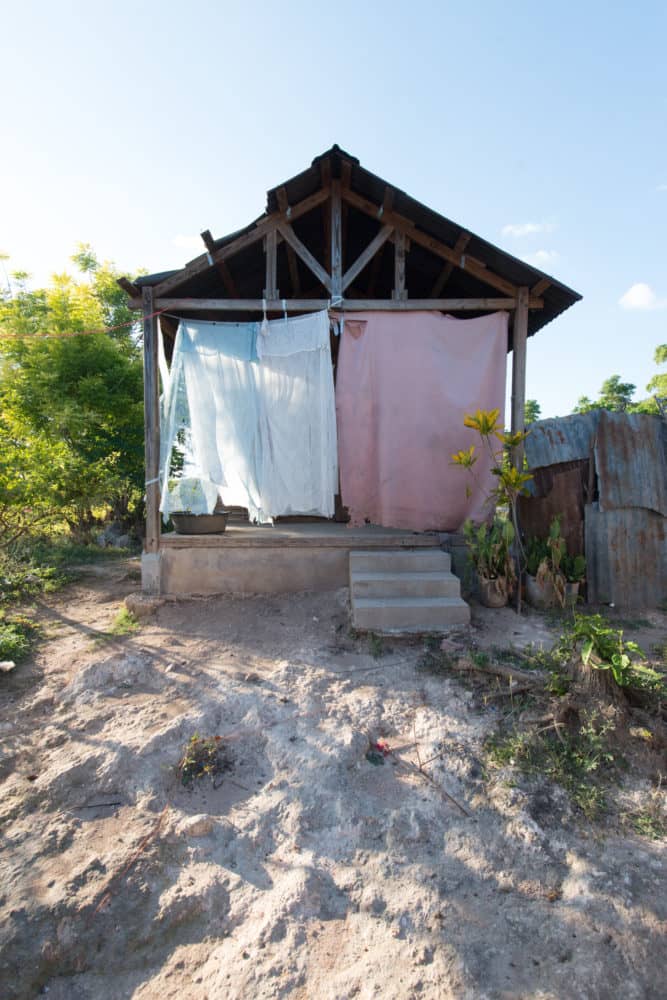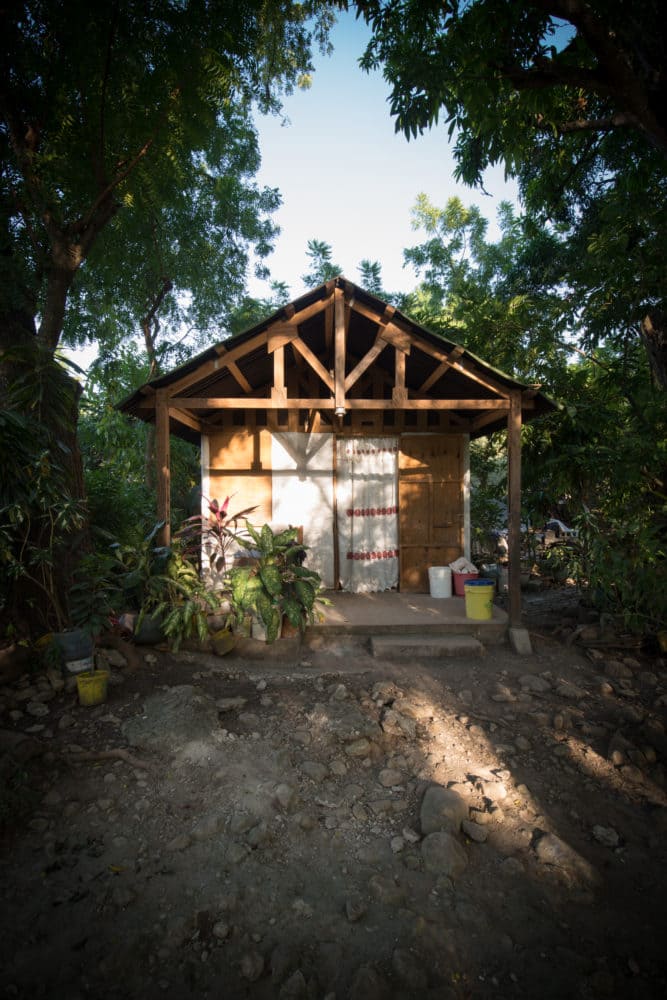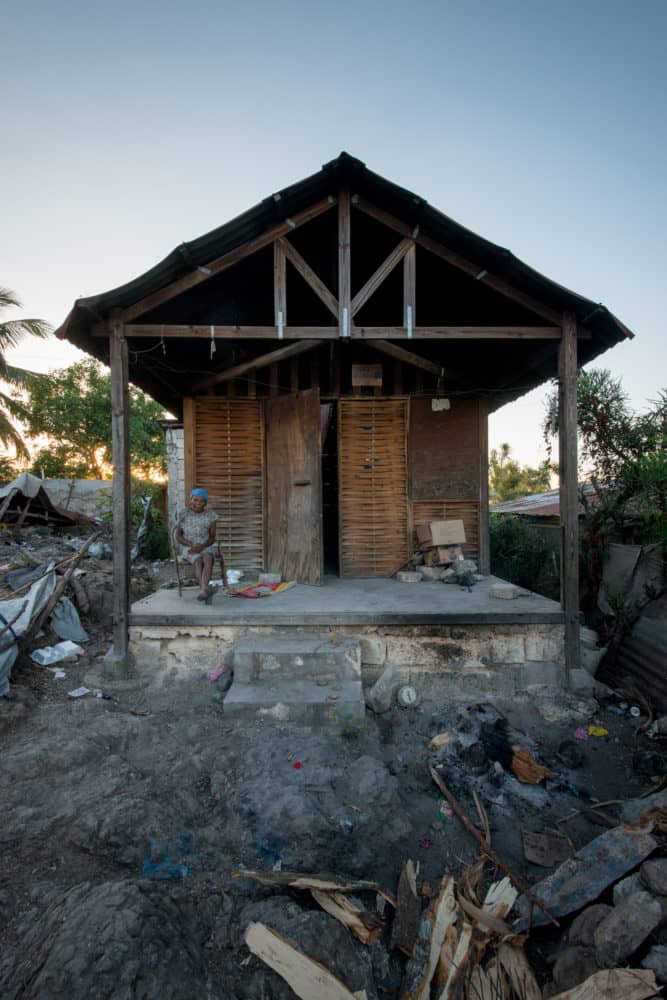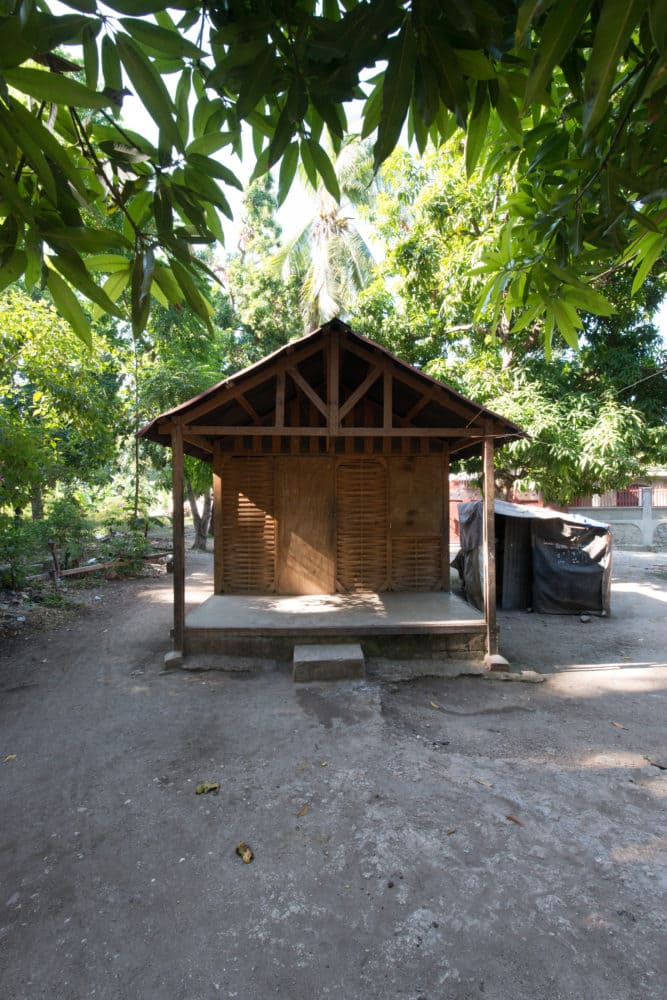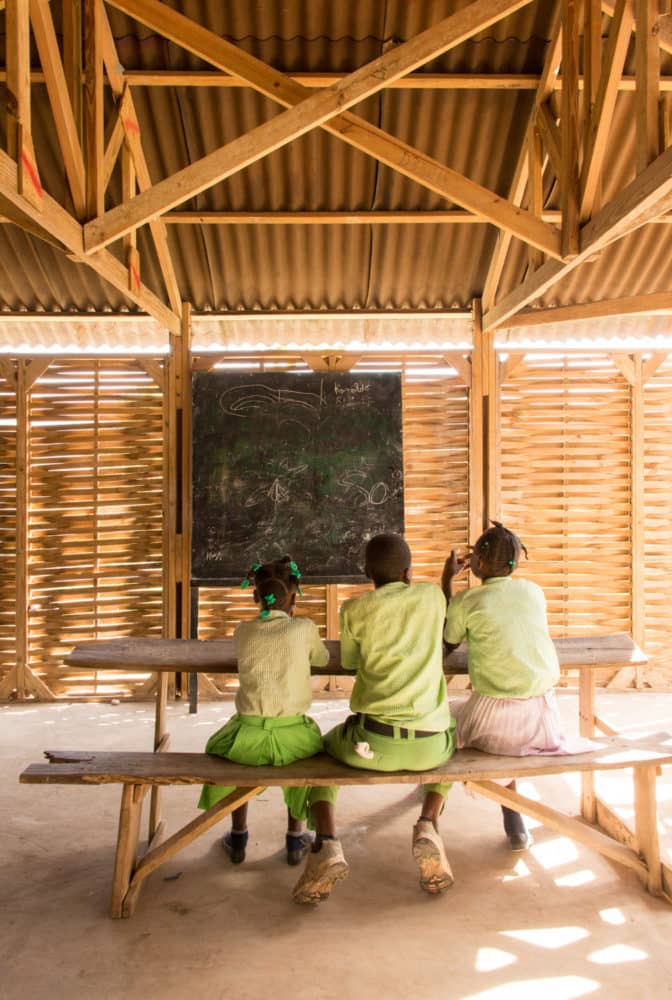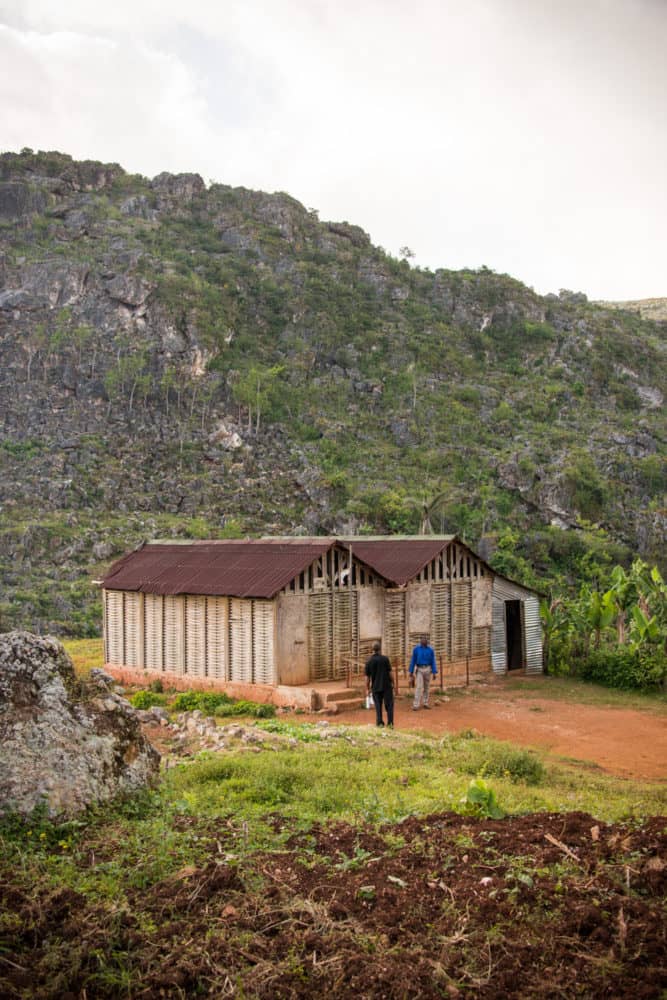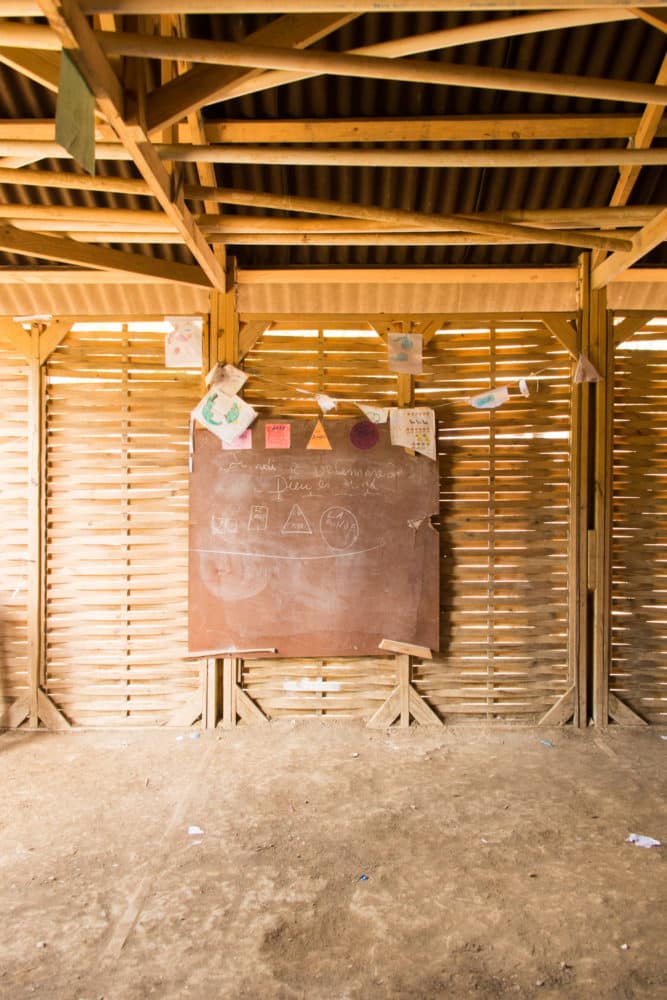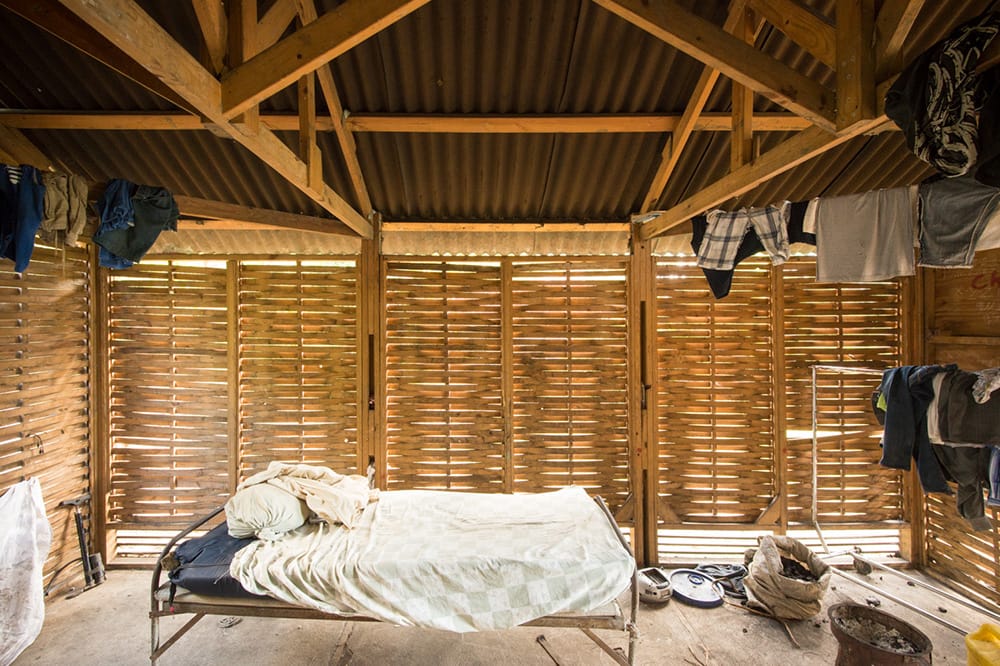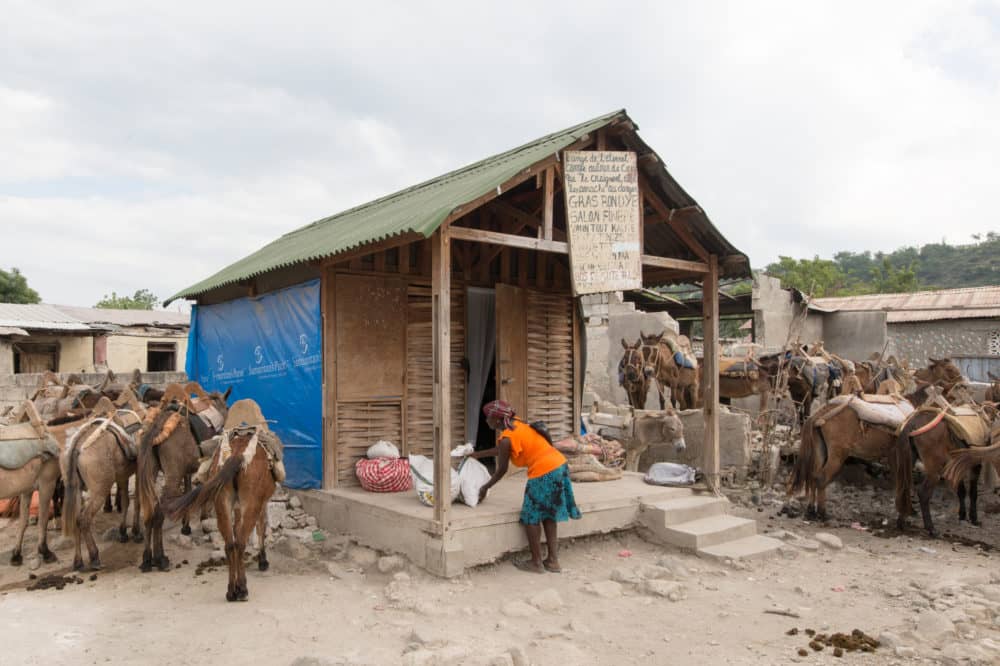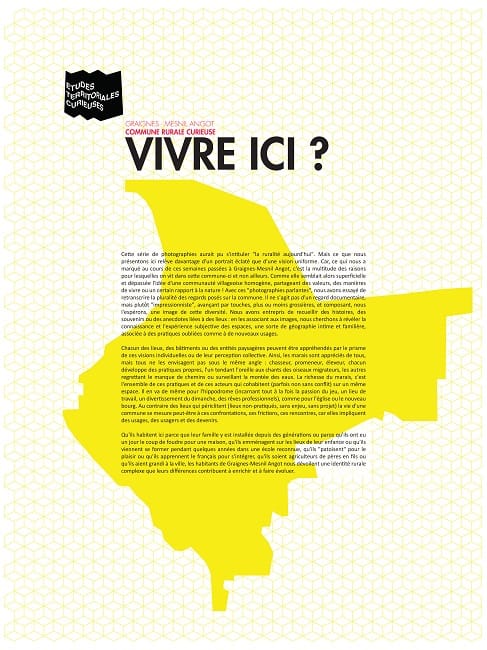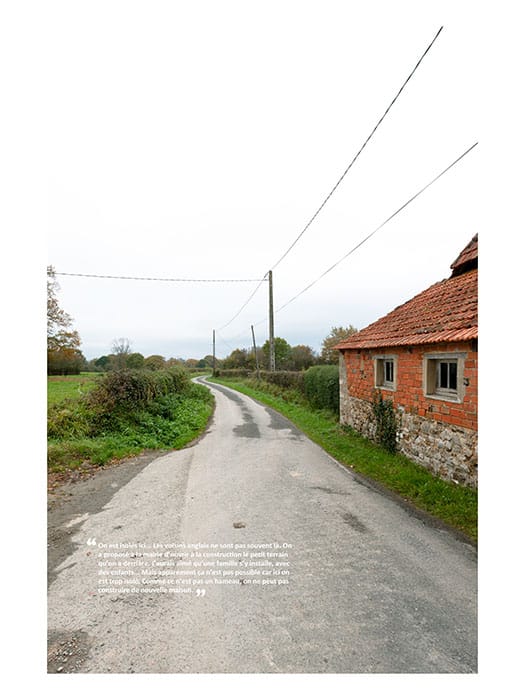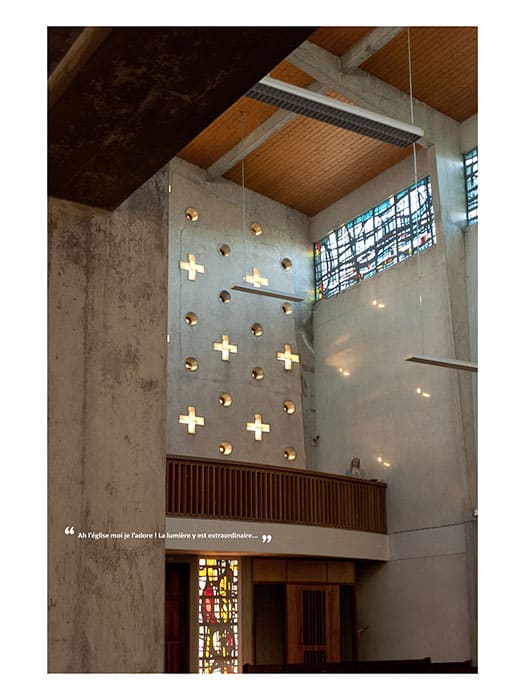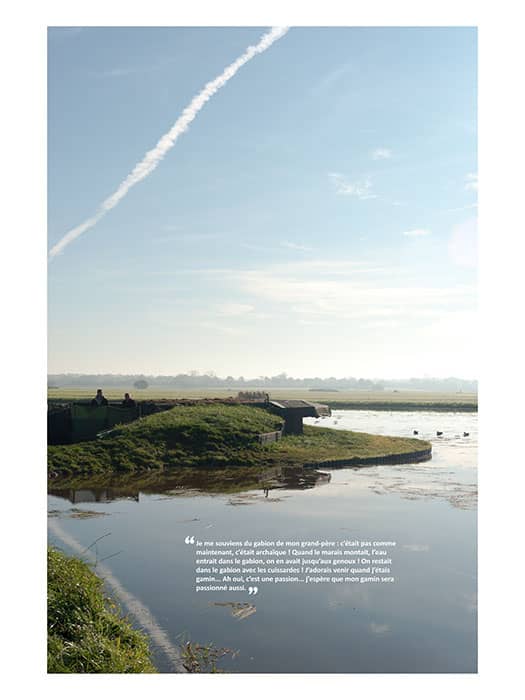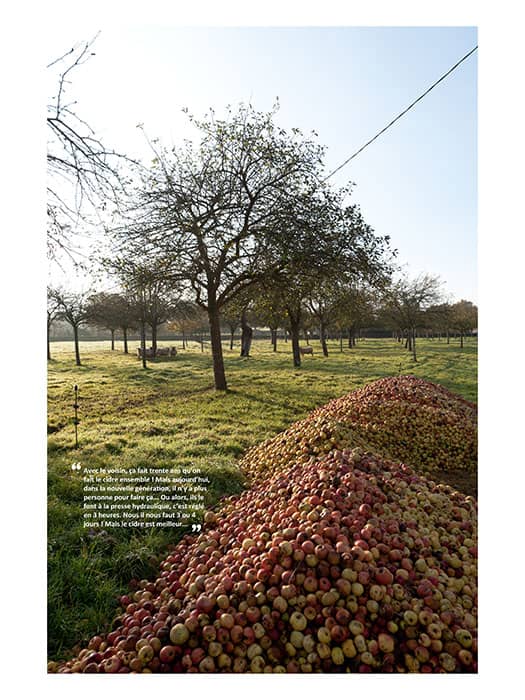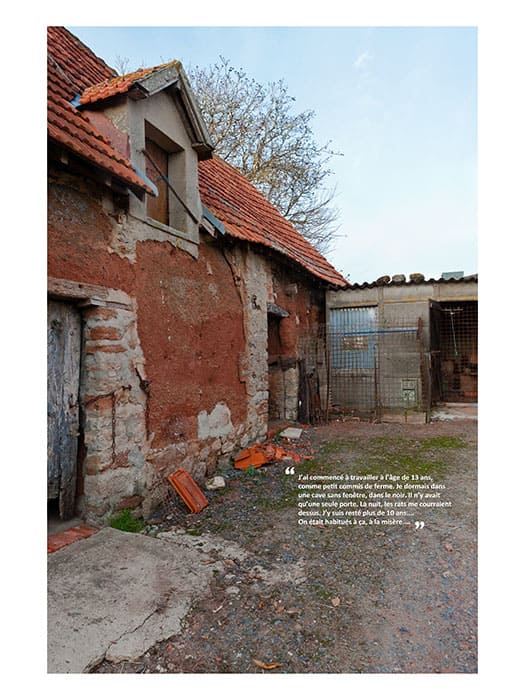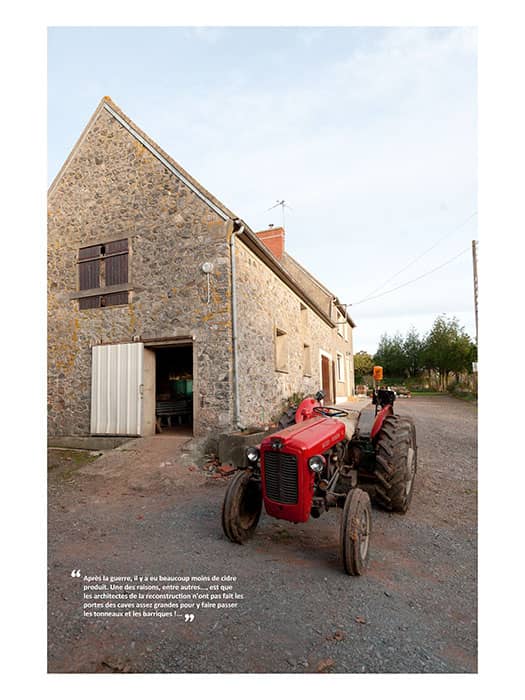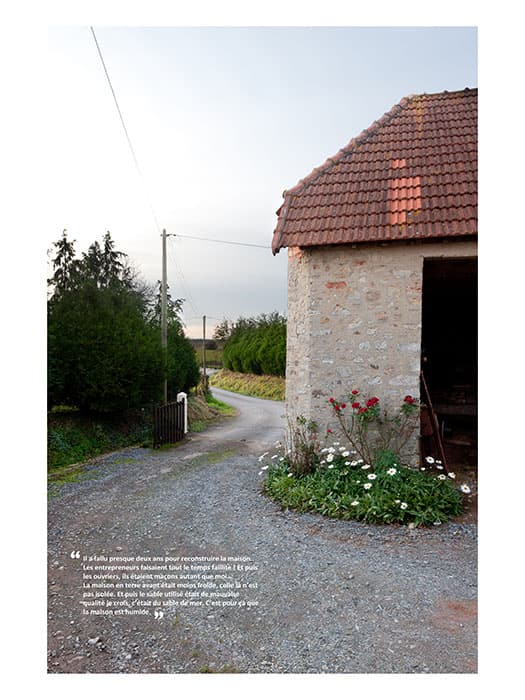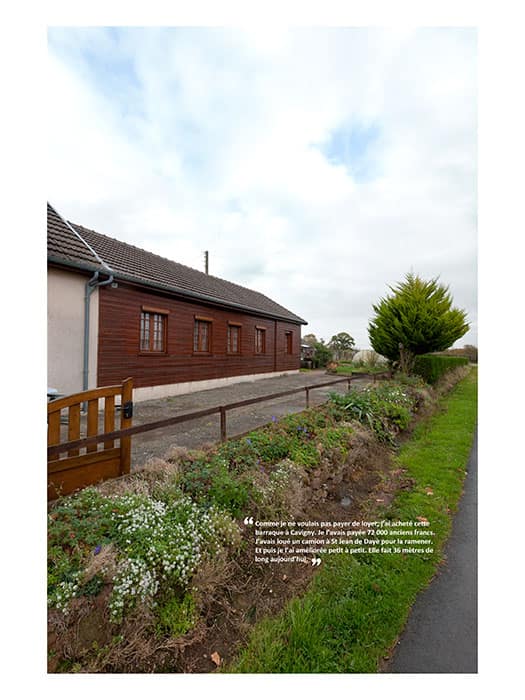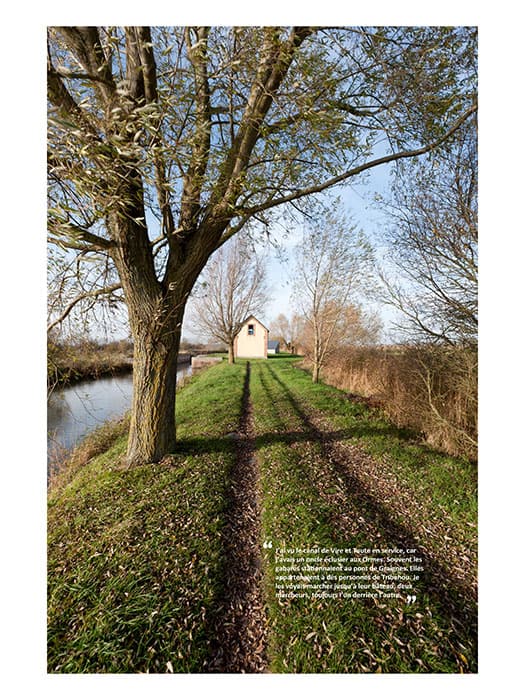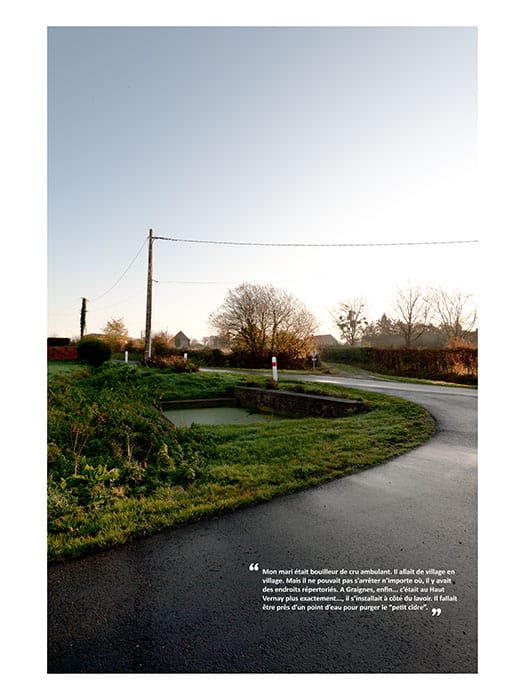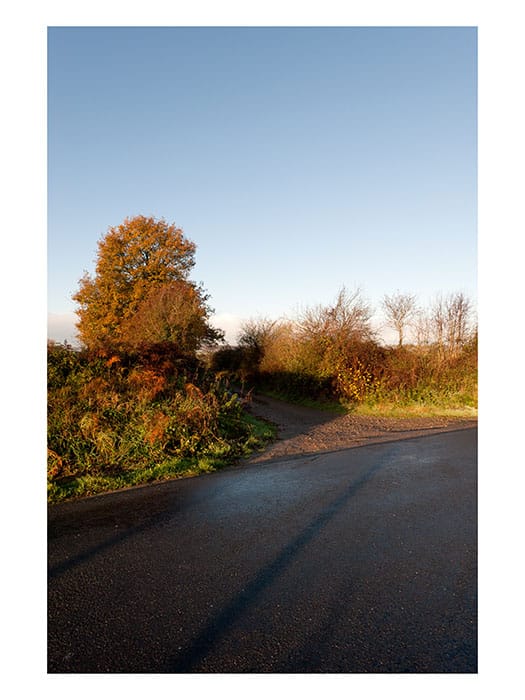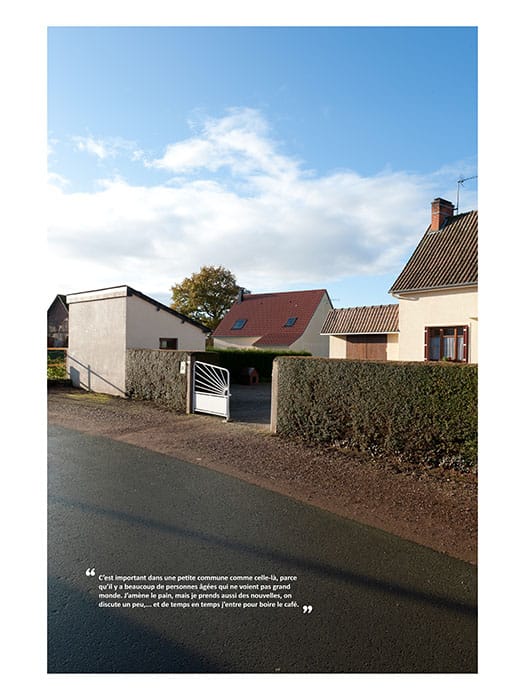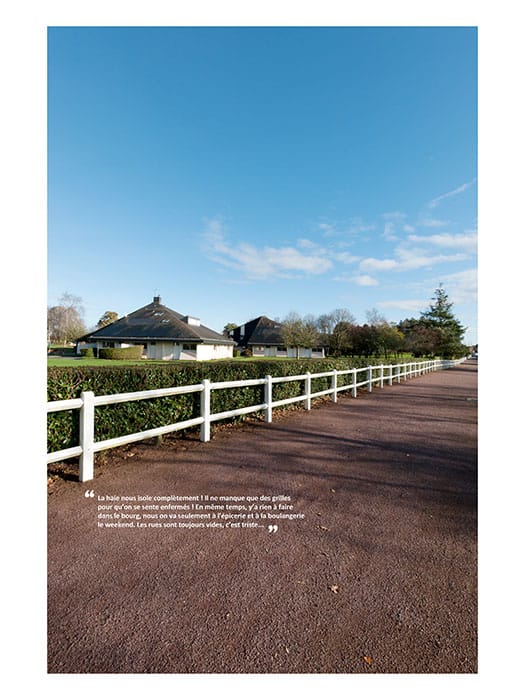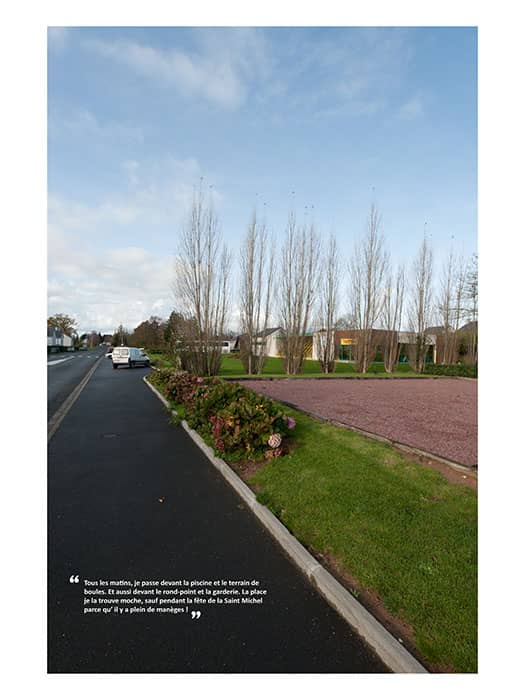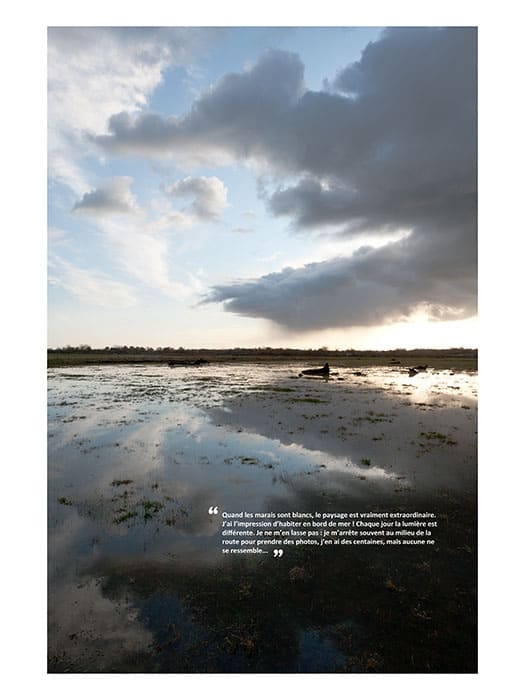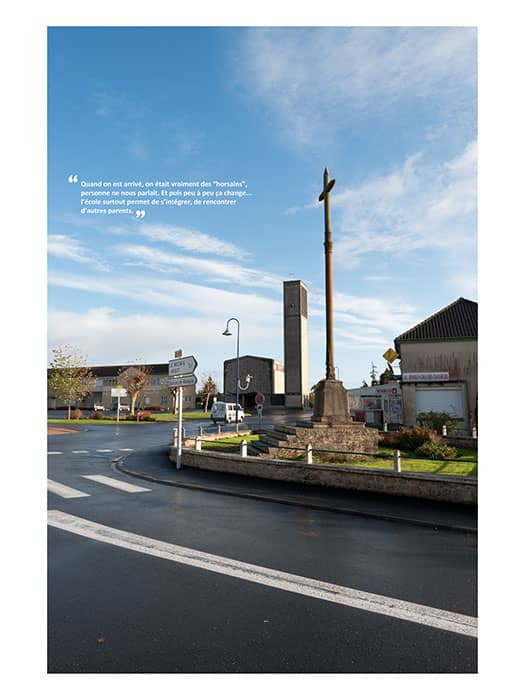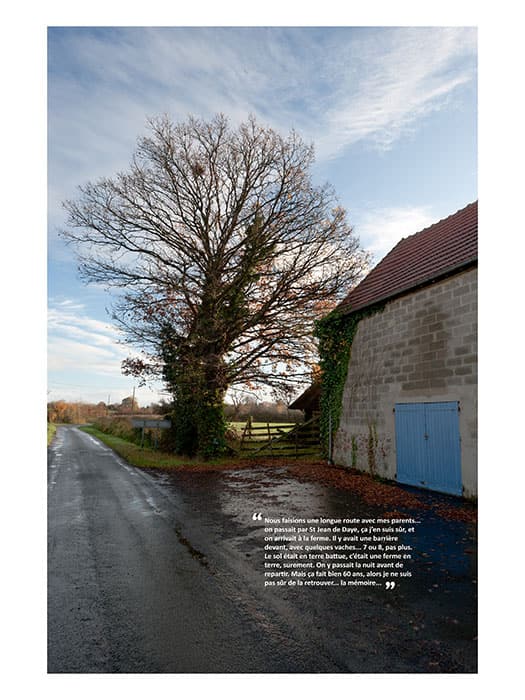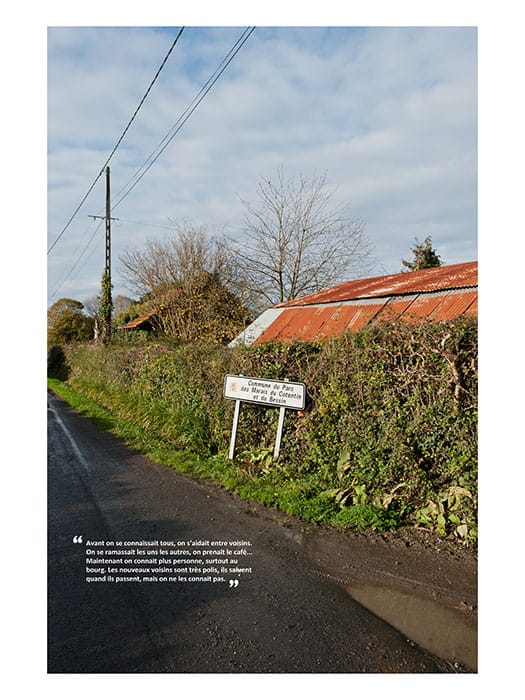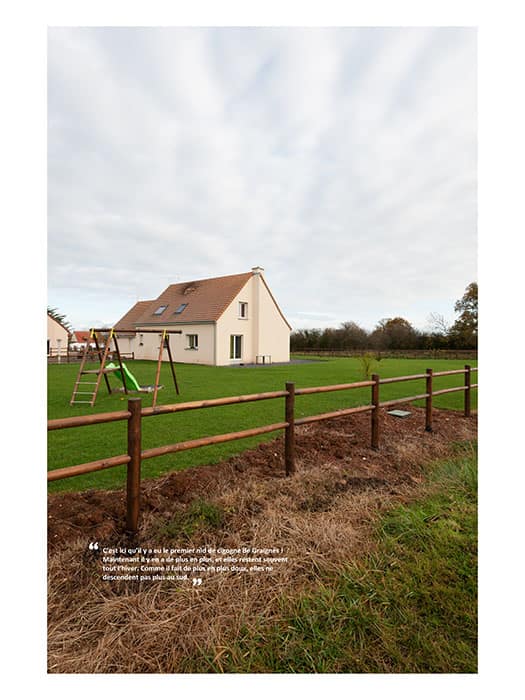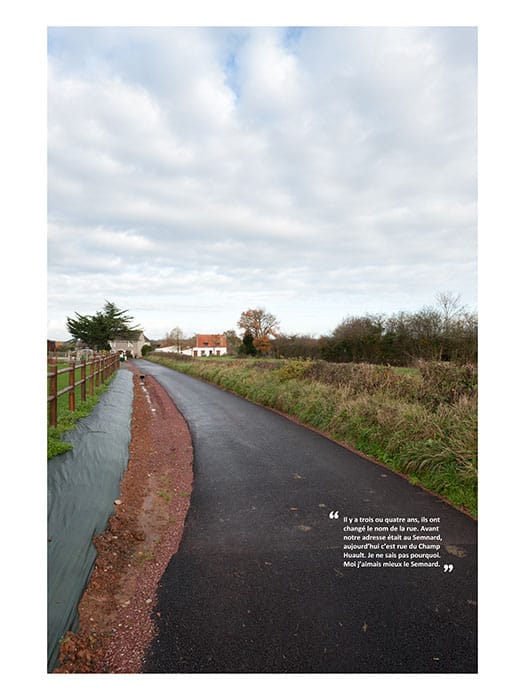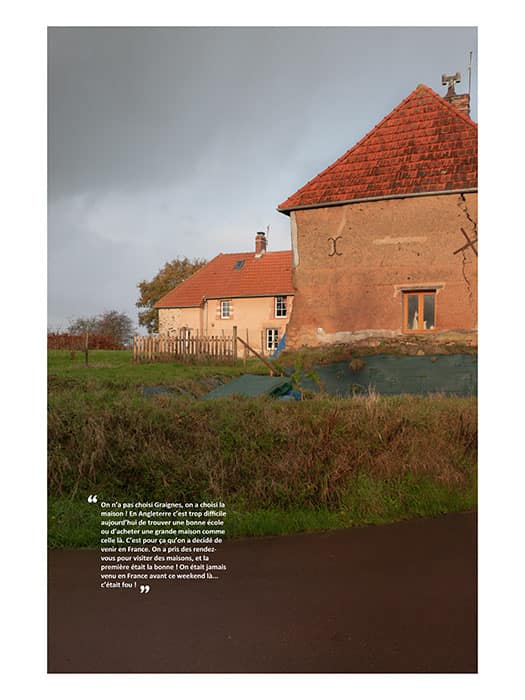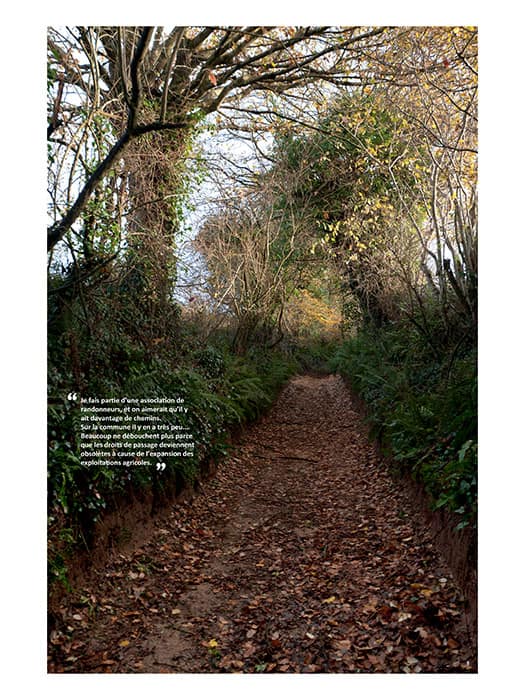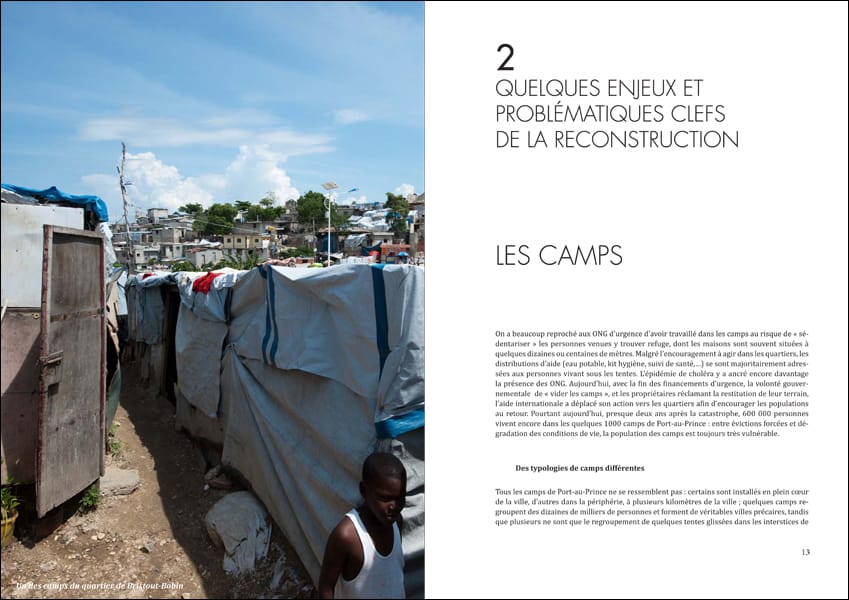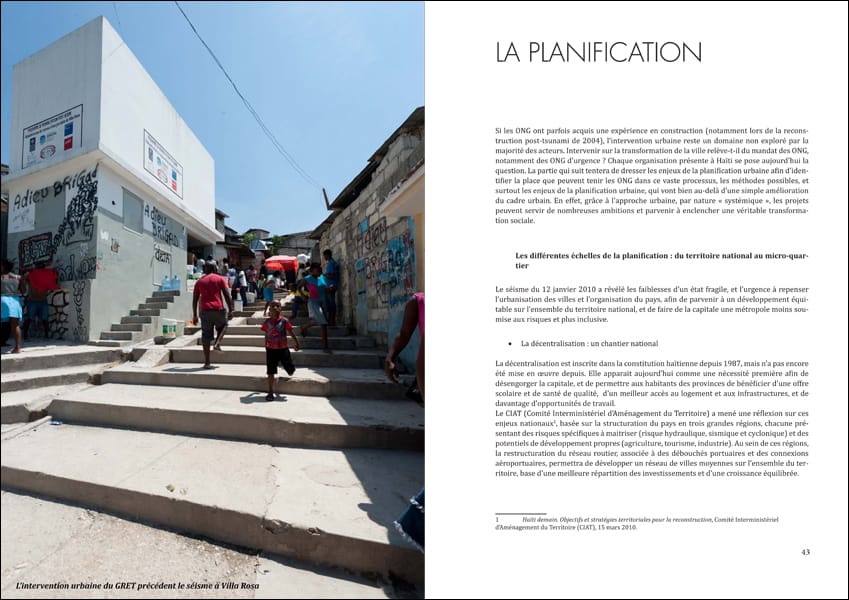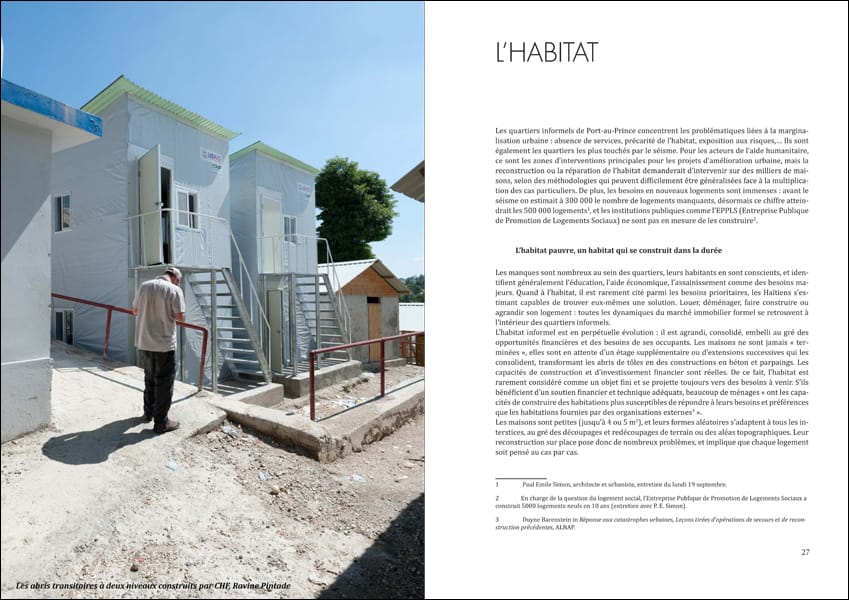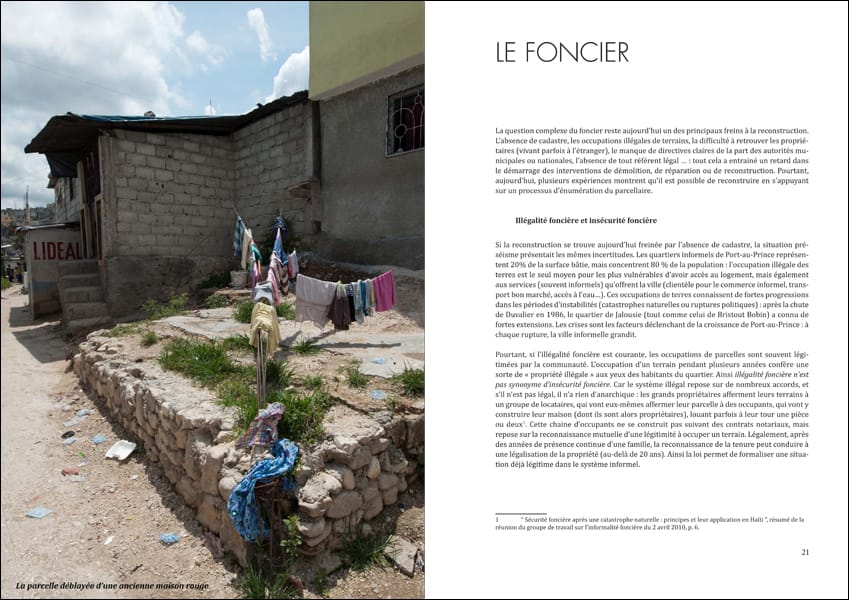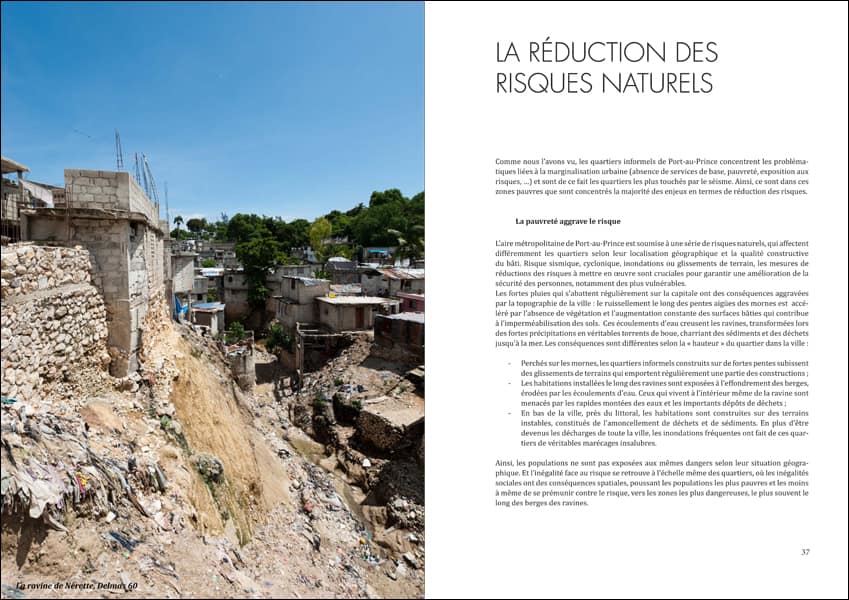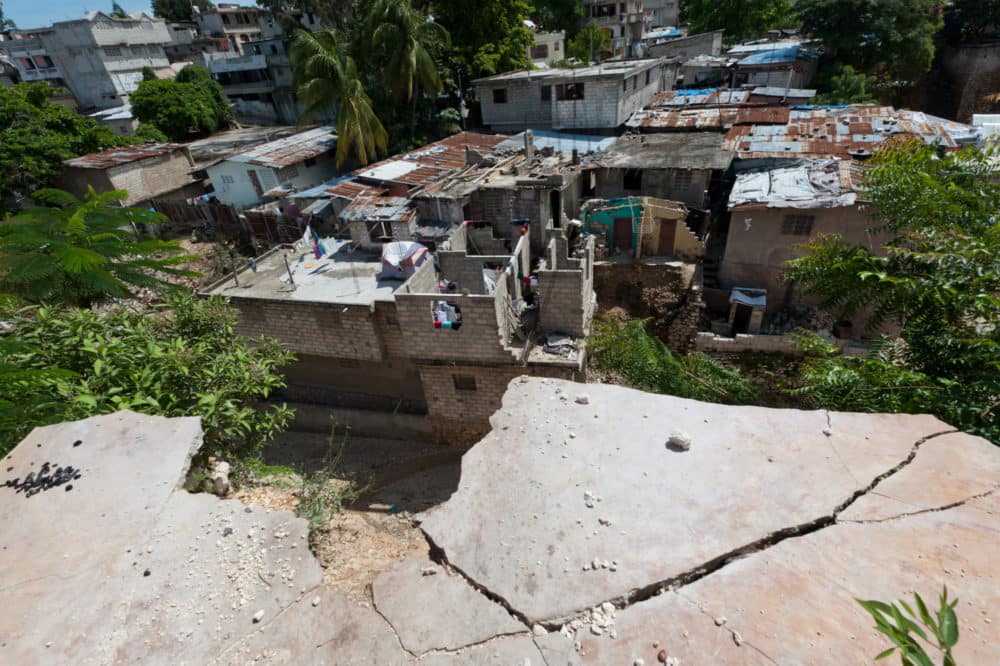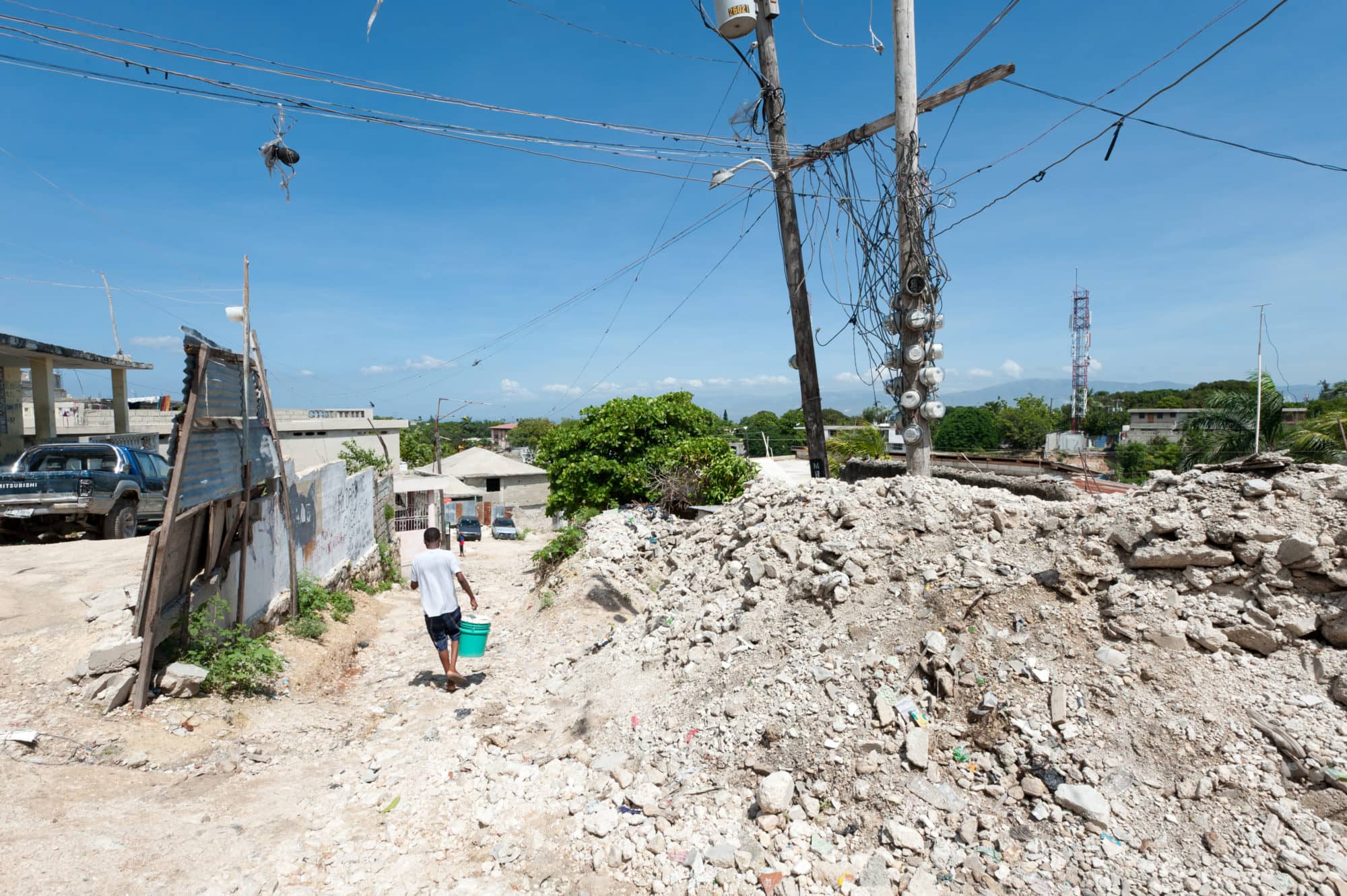Portfolio Categories: Research
JUSTO CUSTO

A magazine about futures and housing in Portugal
JUSTO CUSTO
Justo Custo é uma revista nascida da vontade de ouvir e compreender as dificuldades, os desejos, as necessidades e as experiências no setor da habitação em Portugal, e o que isto representa como desejos coletivos, como ténues sinais para possíveis futuros.
É uma abordagem curiosa e artesanal, um espaço de investigação, reflexão e imaginação comum, construído em torno das palavras daquelas e daqueles que imaginam e experimentam alternativas de habitação.
Justo Custo é uma construção concebida a partir de uma montagem de vários materiais, matérias-primas brutas e refinadas, recolhidas, recebidas, doadas ou emprestadas, que se desdobram num suporte físico, um objeto frágil num mundo ruidoso, mas que tenta ouvi-lo.
Cada número temático compõe uma paisagem arbitrária, produzida de forma iterativa: histórias verdadeiras e ficcionais, conversas, fotografias, dados, e até sons.
Através desta pluralidade de pontos de vista, Justo Custo aborda questões de equidade, de partilha de recursos e espaços (justo), e as consequências da sua mercantilização (custo).
Com a banda sonora original de BLOUZouki, um conto de Rachael McGill e duas obras de Emilie Faline.
Related works
Project-induced displacement
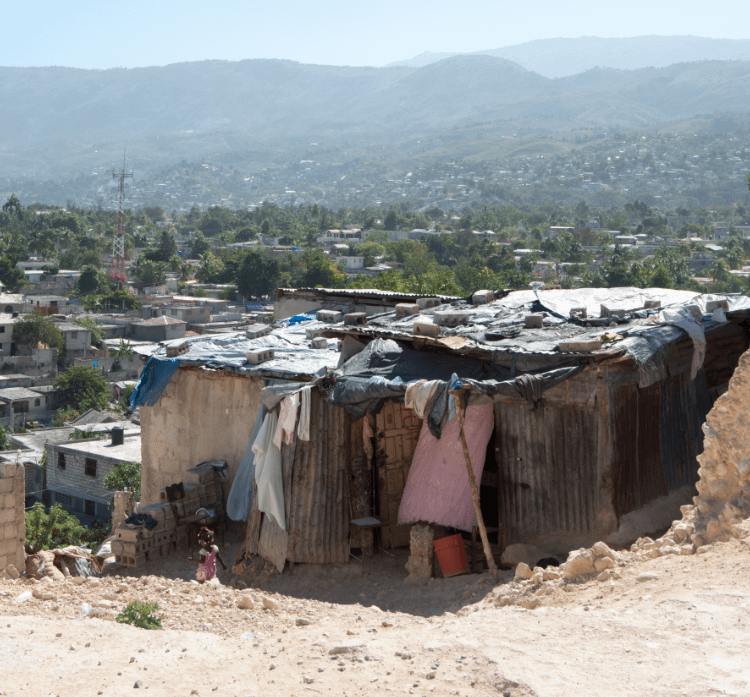
A study and an operational guide on displacement caused by urban development projects in Haiti.
Study on project-induced involuntary displacement
This study attempts to shed light on the issue of involuntary displacement and resettlement induced by urban development projects in Haiti. The study includes an inventory of framework instruments, presenting the international framework for the protection and assistance of IDPs, framework documents produced by International Financial Institutions and Development Banks since the 1980s, and relevant elements of the Haitian legal framework.
This study is complemented by an operational guide that details the necessary steps for developing a resettlement plan. This guide is intended to help operators define resettlement projects, guiding the reader through seven key steps.
This study was carried out for the Haitian government – Unité de Construction de Logements et de Bâtiments Publics (UCLBP) supported by CARE and American
Red Cross.
Related works
Access to Adequate Housing
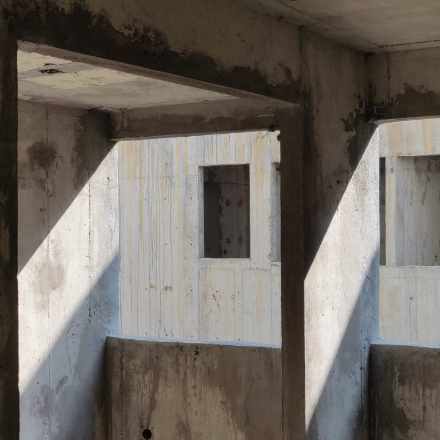
Evaluation of Impact of the UN-Habitat's Housing Approach to Adequate, Affordable Housing and Poverty Reduction
Access to Adequate Housing
Evaluation of Impact of the UN-Habitat’s Housing Approach to Adequate, Affordable Housing and Poverty Reduction, over the 2008-2019. The evaluation includes the assessment of the contribution of UN-Habitat’s Housing Approach, policy frameworks, programmes and capacity building to the progress in adequate and affordable housing and poverty reduction at global level.
It includes the analyses at Global, Regional-level and country case studies for Zambia and Mexico (country visits) Mozambique, Somalia, Iraq, Egypt, Jordan, Myanmar, Mongolia, Sri Lanka, Colombia and Haiti (remote assessments).
The assessment of achievements and contribution covers structural (policy frameworks), process (policy instruments) and outcome (realization of housing rights) levels.
The evaluation focuses on UN Habitat’s impact and contribution to the improvement of the living standards of poor people and to the realization of their housing rights.
In collaboration with Michael Bamberger and Mike Majale.
The study is available on UN-Habitat website.
Related works
Post-disater Urban Planning
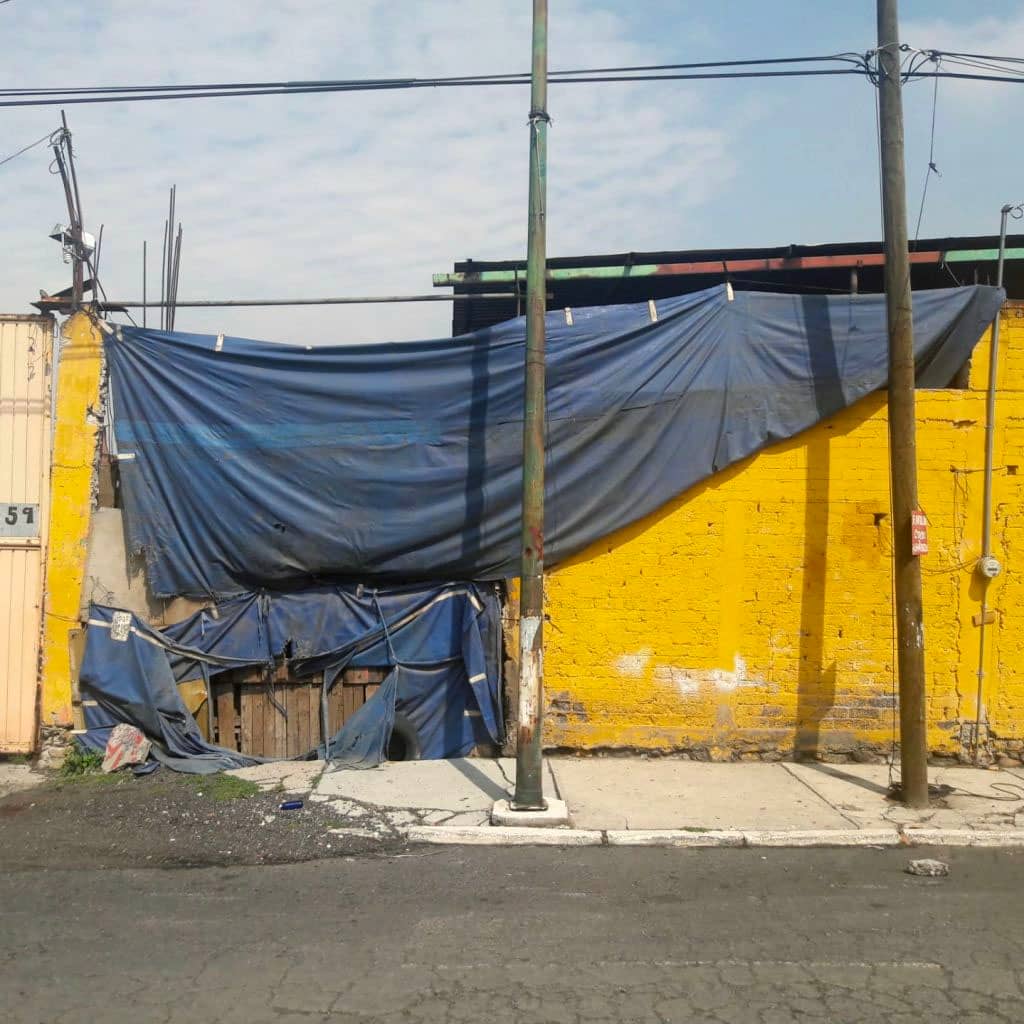
Post-disaster urban planning guide to small municiaplities, Mexico
Post-Cyclone Urban Planning and Governance
Technical support for the development of a methodological guide to small Mexican municipalities for strategic post-earthquake urban planning. Based on the identification of relevant case studies in Latin America and similar contexts, the guidance document developed includes methodological steps for efficient municipal planning in post-disaster contexts and effective tools for diagnostic and identification of priority areas.
Subcontract for Silvère Jarrot, Humanitarian consultant
Related works
Post-Cyclone Urban Recovery
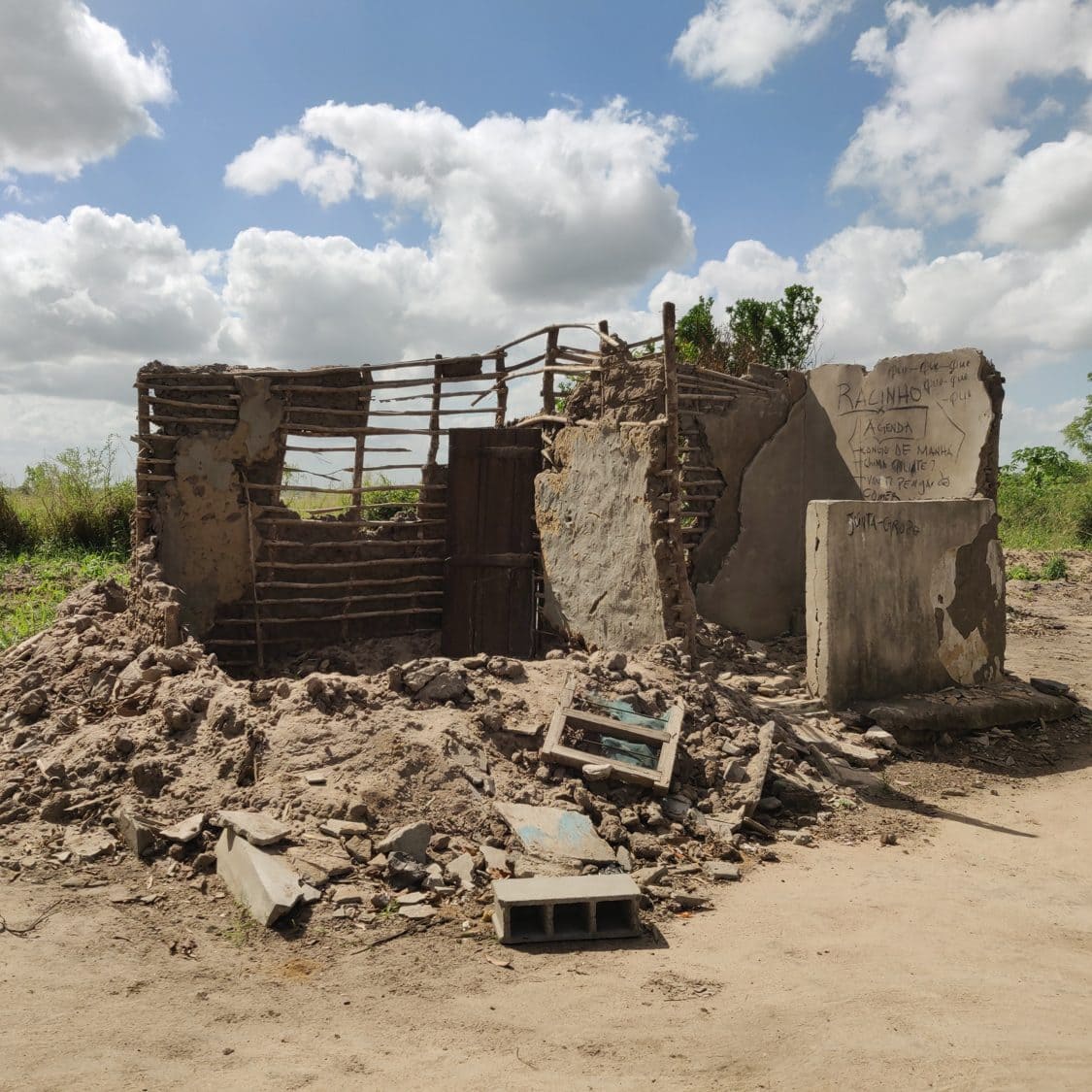
Study on the post-cyclone urban context in Beira, Mozambique - 2019
Post-Cyclone Urban Recovery
Study on the post-cyclone urban context with the objectives to understand the impact of Cyclone Idai on urban households and communities as well as their shelter coping and self-recovery processes; and provide recommendations to inform the Shelter Cluster response strategy, CARE Mozambique and the COSACA consortium’s shelter response.
With Holly Schofield, Emergency Shelter Researcher, Advisor and Consultant
Study available on the Reliefweb and the Urban response portals
Related works
Urban Resilience in Africa
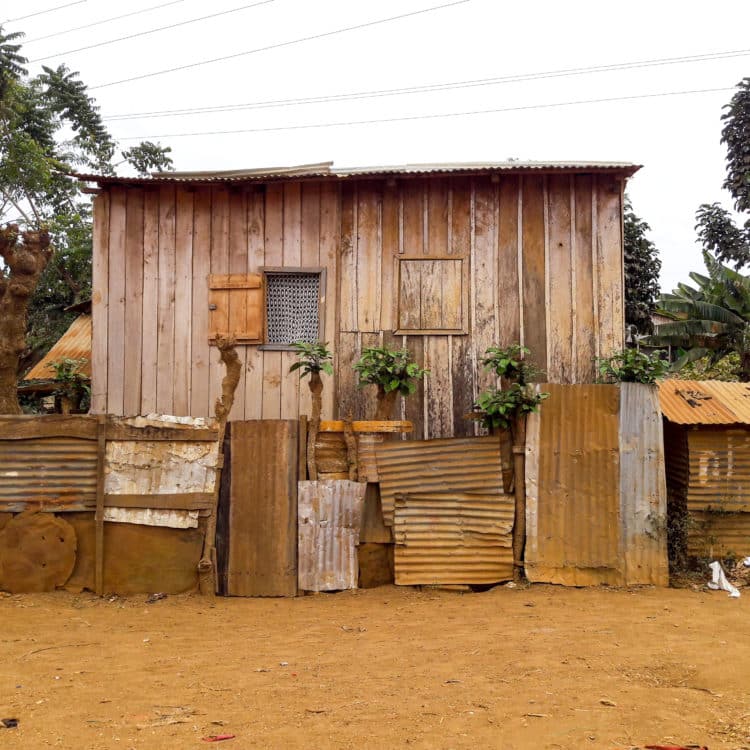
Final Evaluation of a Urban Resilience program in Lusophone Africa
Urban Resilience in Africa
Evaluation of the Urban Risk Reduction and Resilience Building in Lusophone Africa Project:
Assessment of the achievement of expected accomplishments and performance of the project in increasing technical understanding and knowledge of municipal authorities, and enhanced communication and information exchange between cities and towns in project cities.
Related works
Adequate Urban Housing for Refugees
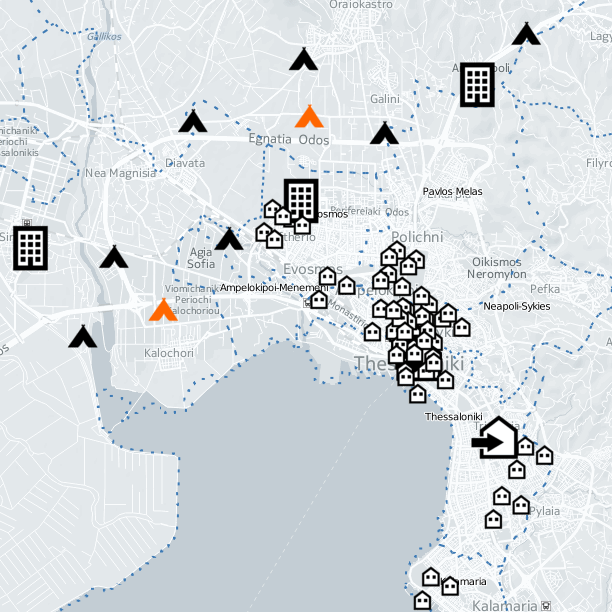
Study on housing alternatives to camps in Thessaloniki and its surrounding region (Greece)
This study responds to NRC’s request to review possible housing alternatives to camps in Thessaloniki and its surrounding region (Greece). The report is divided into three parts: a context analysis, an urban study and study of the housing market, and recommendations for implementing the “urban housing” component of the NRC project.
The context analysis first highlights the lack of data and information available on the refugee population in Greece, about 13,000 of whom live in camps in the northern regions of the country. These unknowns are consequently hampering international aid organizations’ efforts to move refugees out of the camps and into alternative accommodation. Furthermore, this housing solution itself remains a short-term response that currently mainly focuses on those applying for relocation to Europe, who are predominantly fully-registered refugees.
Client
– Norwegian Refugee Council
Date
– 2016
The urban study of Thessaloniki reveals a city in crisis. As in the rest of the country, Thessaloniki has been deeply marked by the recession triggered by the 2009 economic crisis and by the austerity measures imposed by the EU that followed. At the urban level, the housing and construction market has been paralyzed , and the development of certain areas of the city has ground to a halt. Yet Thessaloniki remains a relatively mixed city without great social fragmentation that, throughout history, has managed to accommodate several major waves of migration.
The study of different neighborhoods reveals the demographic dynamism of the city’s vast suburbs that contain relatively new housing stock (30% of the total stock built between 1980 and 1995), which is primarily intended for sale (Evosmos, Thermi). The various maps presented in this study provide information on individual neighborhoods, including data on housing. The study also include an interactive map showing the density of urban services within the metropolitan area and in secondary cities. Combining this data reveals a number of potential locations in which to rehouse refugees.
T-Shelters Impact Evaluation

Long Term Impact Evaluation of a T-Shelters Project in Haiti
Five years after their construction, this evaluation has reviewed three main areas of the 1050 T-Shelters project: current shelters and school use and conditions; T-shelter modifications and durability; the long-term impacts for beneficiaries and communities.
Client
– Handicap International
Date
– 2016
One of the main findings to emerge from our fieldwork is that 80% of the 206 T-shelters visited are still being lived in by their original occupants on their initial site, with this situation being more common among landowners and usufruct beneficiaries than among tenants. A second key finding is that 77% of the T-shelters show no signs of major damage. Modifications to the T-shelter are common as few shelters visited are still as originally built.
The project has had significant long-term positive impacts on the beneficiaries as, five years after their construction, the vast majority of the T-shelters are still guaranteeing the physical security of people and their belongings and are continuing to provide security of tenure.
Vivre ici ?
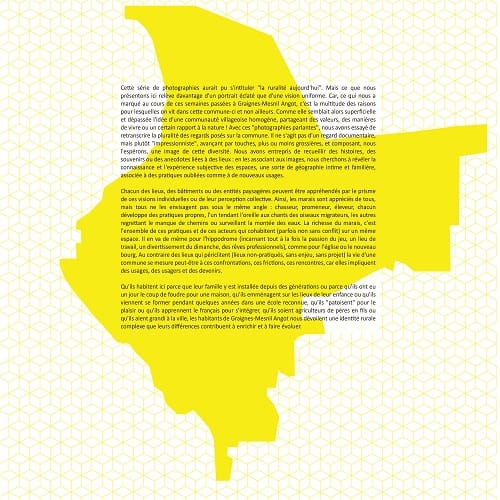
A collective portrait of reasons for living in rural areas
Vivre ici ?
This series of photographs could have been called “rurality today”. But what we present here is more of a break out portrait than a uniform vision. During the weeks spent in Graignes-Mesnil Angot, we were struck by the multitude of reasons why the inhabitants live in this county and not elsewhere. With these “photographs of stories”, we have tried to capture the diversity of views expressed by people in the village. This is not a documentary review, but rather an “impressionist” reportage, progressing in a more or less coarse piecemeal fashion to compose an image of that diversity.
We began by collecting stories, memories and anecdotes related to places. By linking these to the pictures, we sought to reveal people’s knowledge and subjective experience of space, a kind of intimate and familiar geography, highlighting both forgotten practices and new uses.
Related works
Post-disaster reconstruction
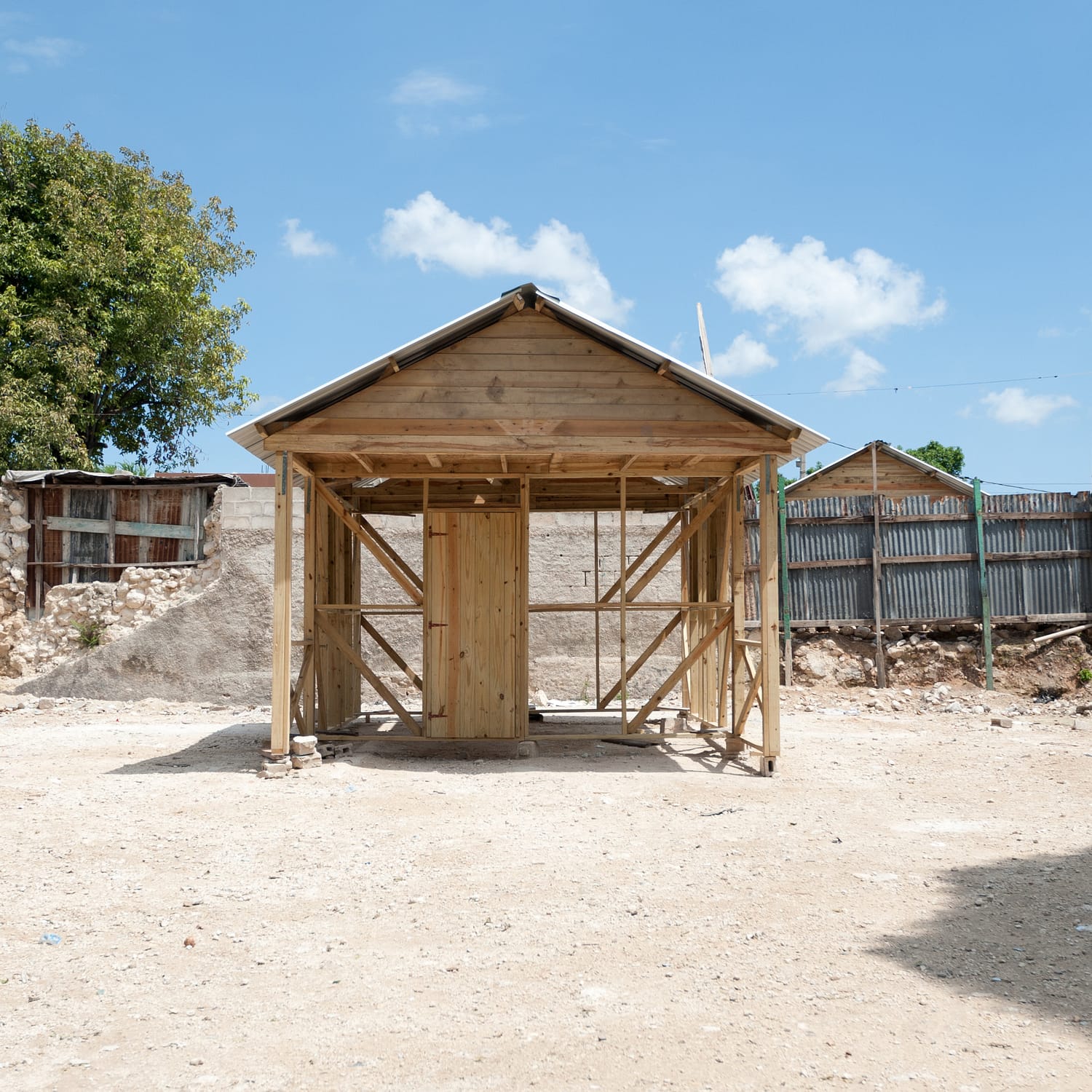
Analysis of the humanitarian response to the 2010 Haiti earthquake
This study seeks to clarify the reconstruction environment by focusing on the urban context and analyzing some of the major issues specific to Port-au-Prince (land, housing, risks, etc.), as well as by presenting some of the main stakeholders’ strategies and by reviewing the national strategy outlined in 2011. The aim was to enable Solidarités International to more effectively define the scope of its activities in line with its goals, know-how and expertise.
Client
– Solidarités International
Date
– 2011
Ever since the area was first settled, Port-au-Prince has been continuously rebuilt. At the same time, urban sprawl has increased during each crisis, with urban population growth being linked to the country’s regular hurricanes, earthquakes and political changes. Successive political crises have also played their part by generating a continuous and massive rural exodus, leading to the gradual impoverishment of provinces and strengthening the attraction of the capital.
In 2010, the earthquake on the 12th of January was the latest crisis to hit the city, leaving chaos in its wake: a large part of the city was destroyed, 230,000 people died and 1.5 million were displaced. This report analyzes the various issues related to the reconstruction of the city of Port-au-Prince, the main challenges encountered and some of the urban intervention strategies introduced, particularly those implemented in informal settlements.
